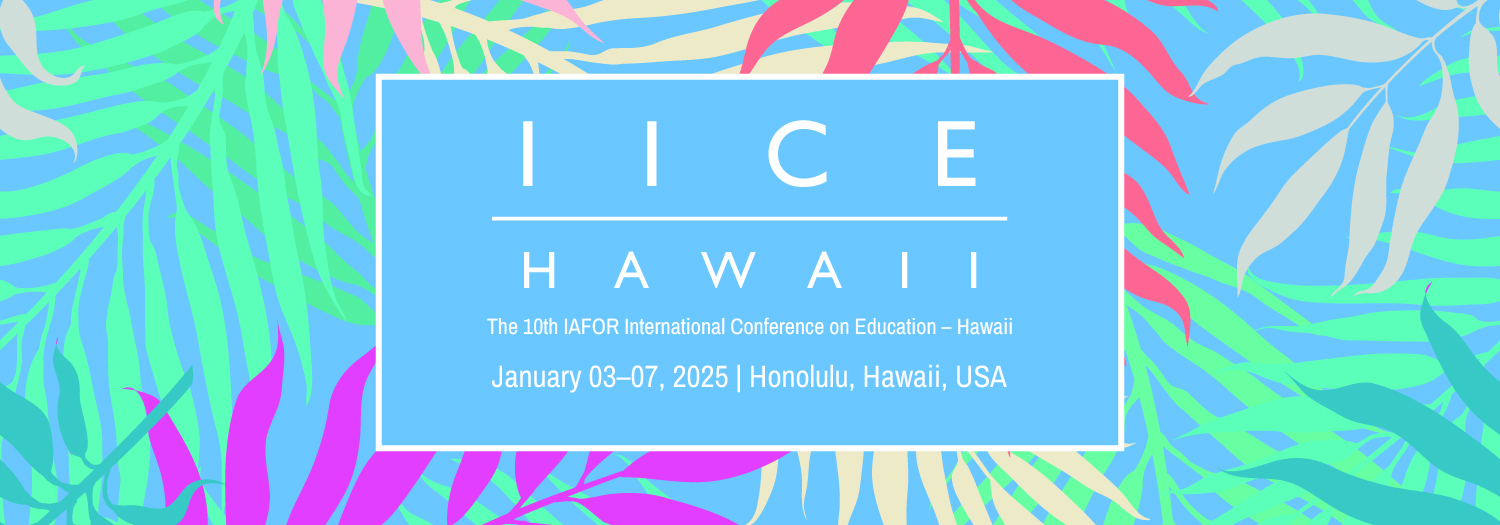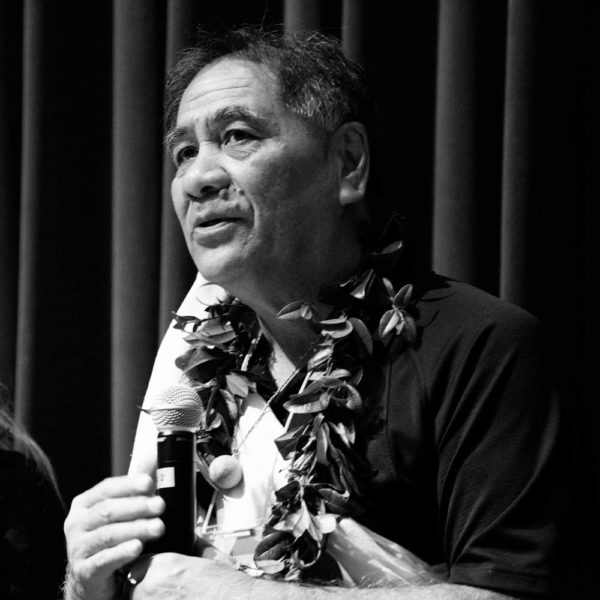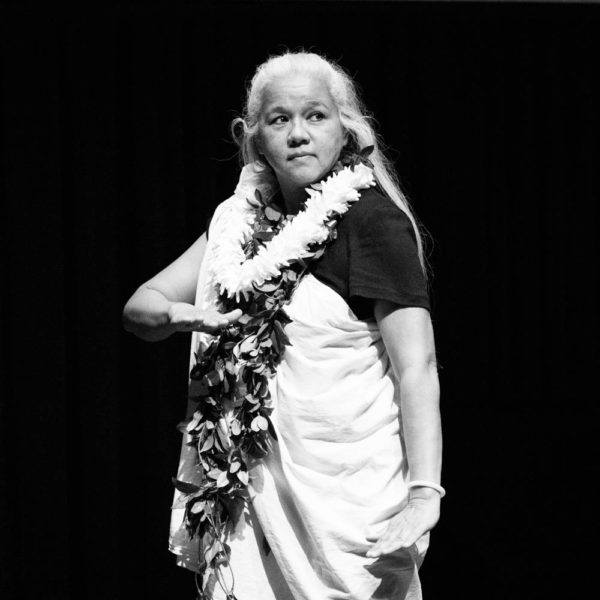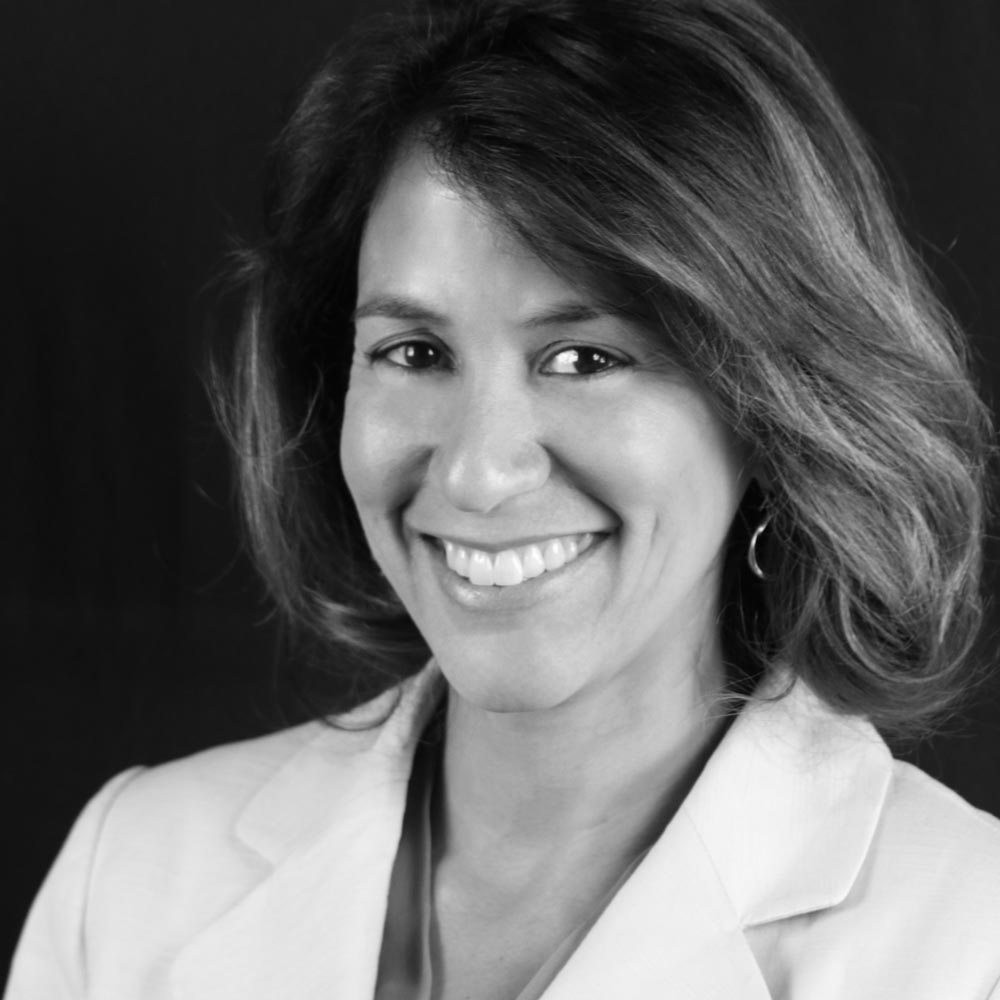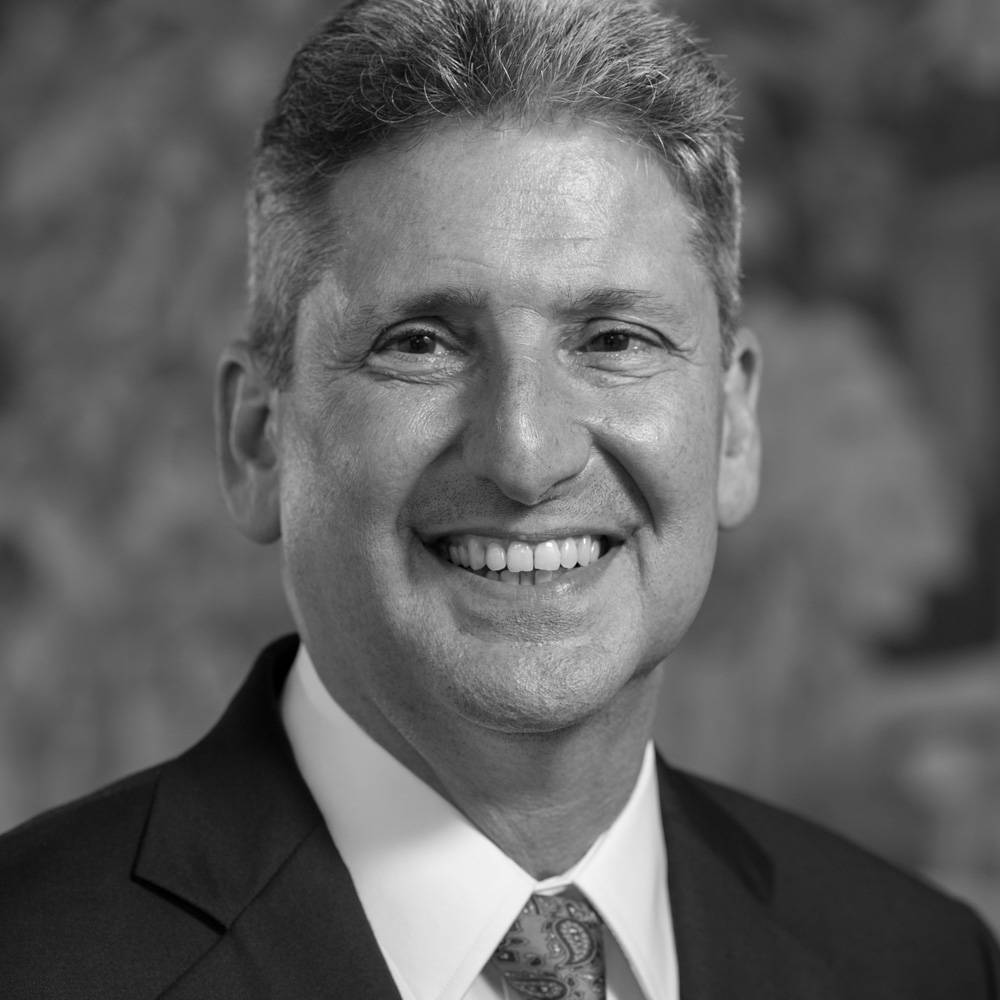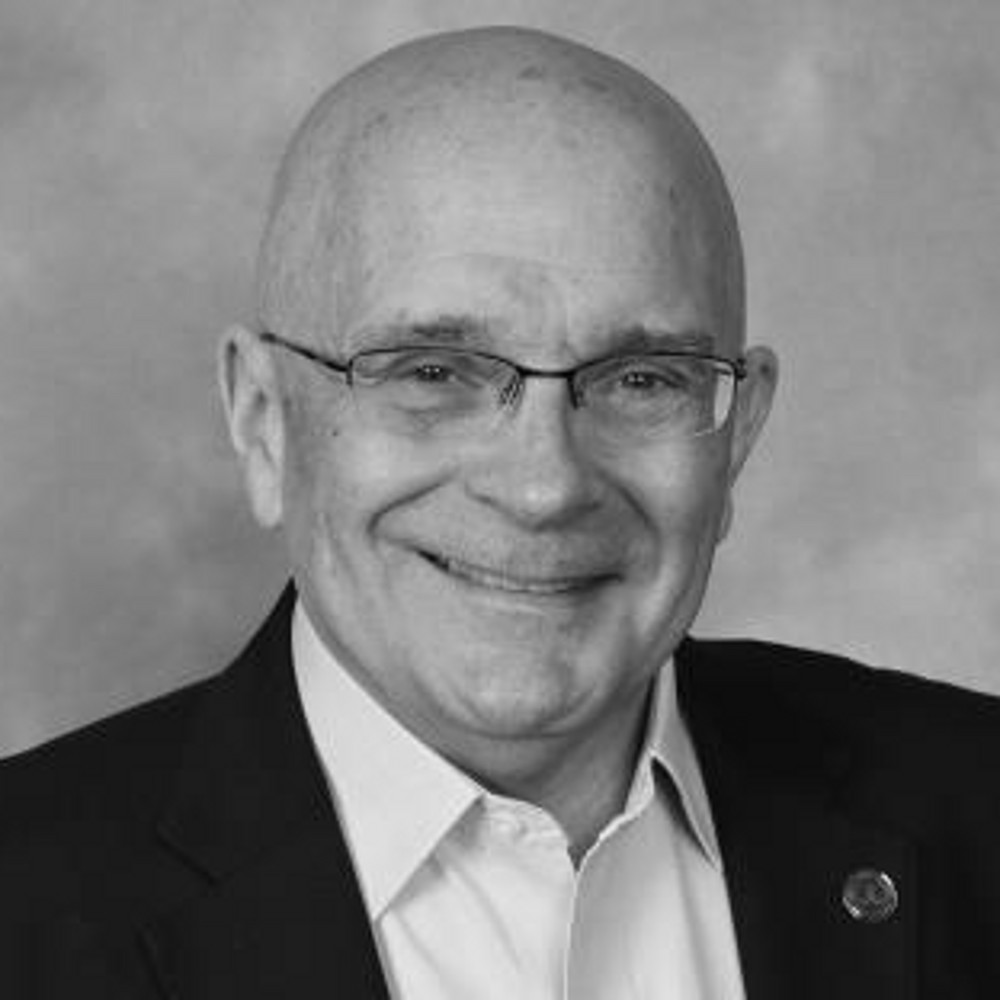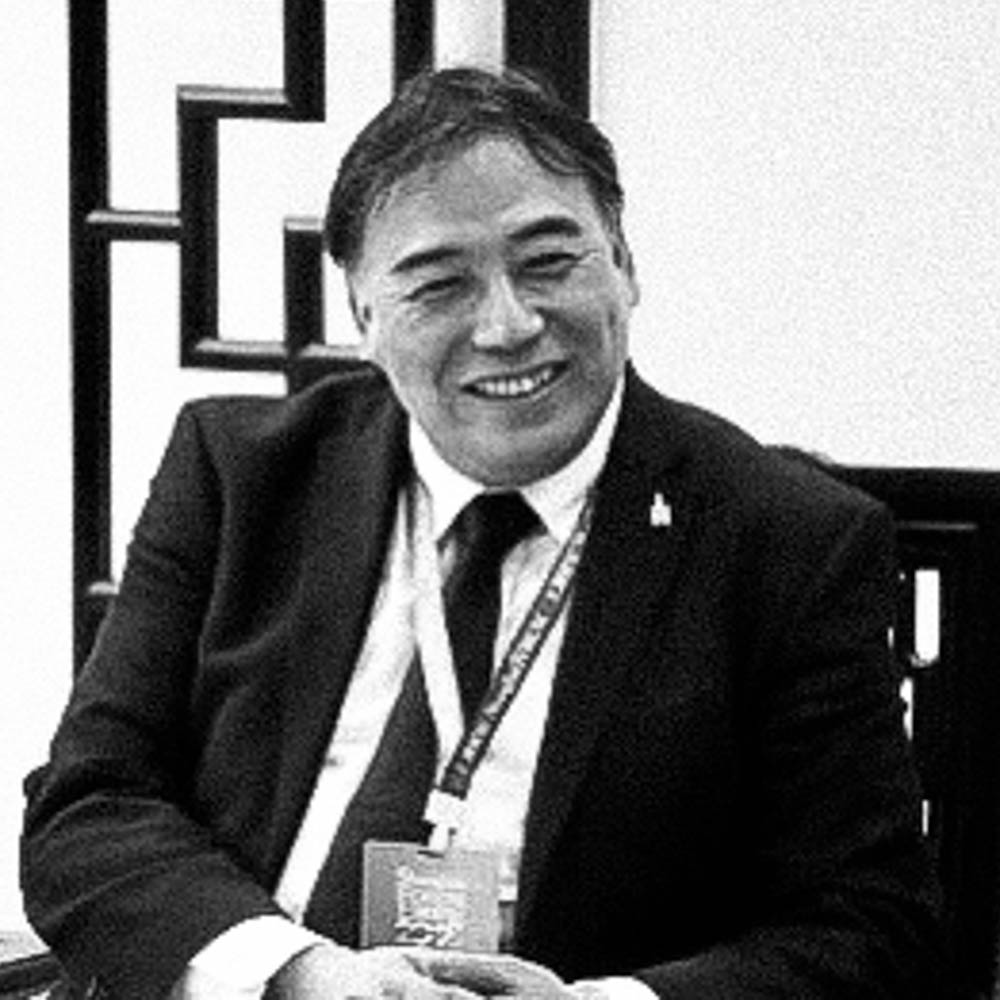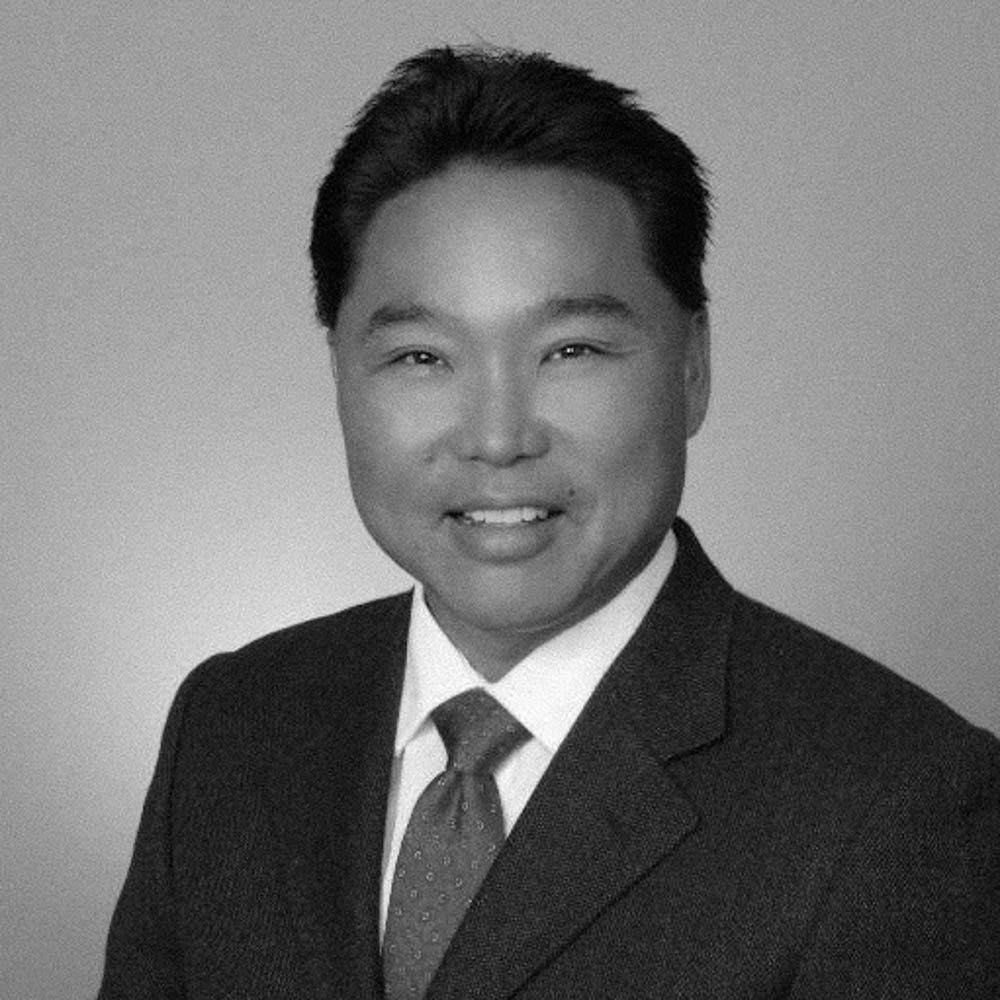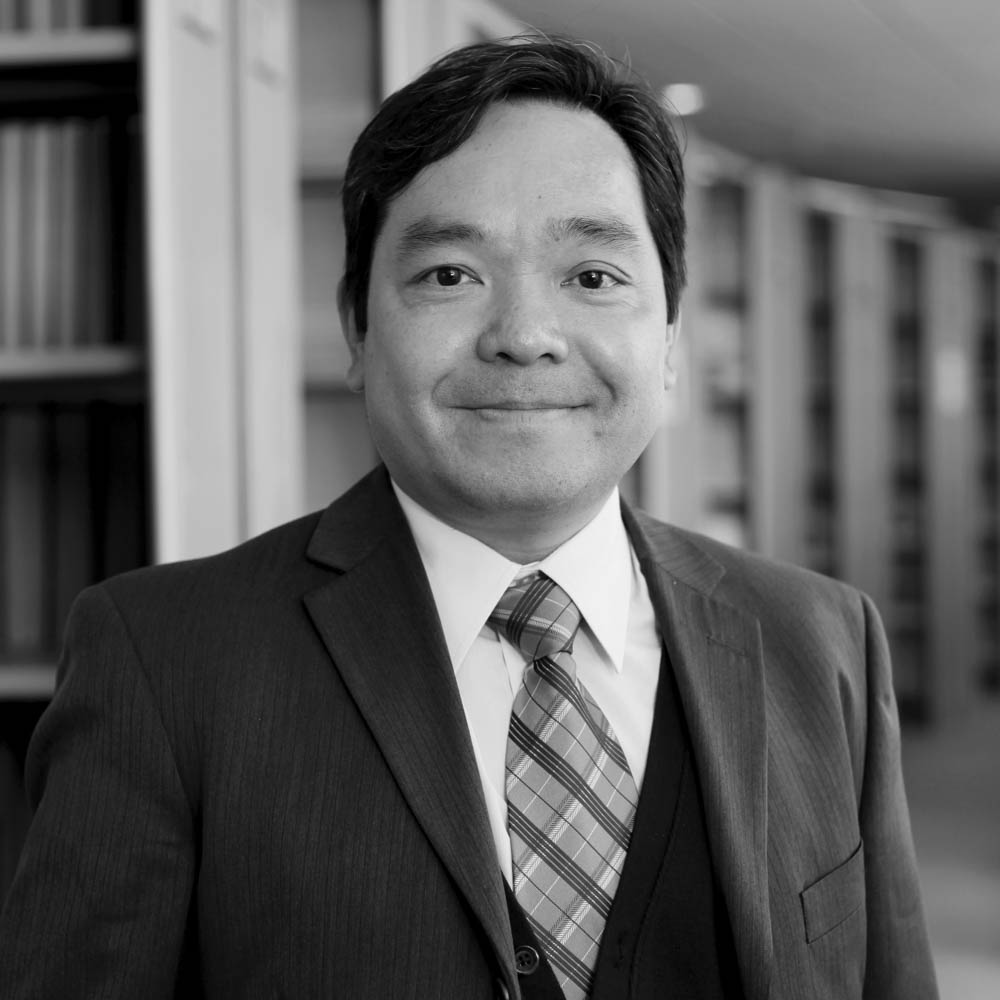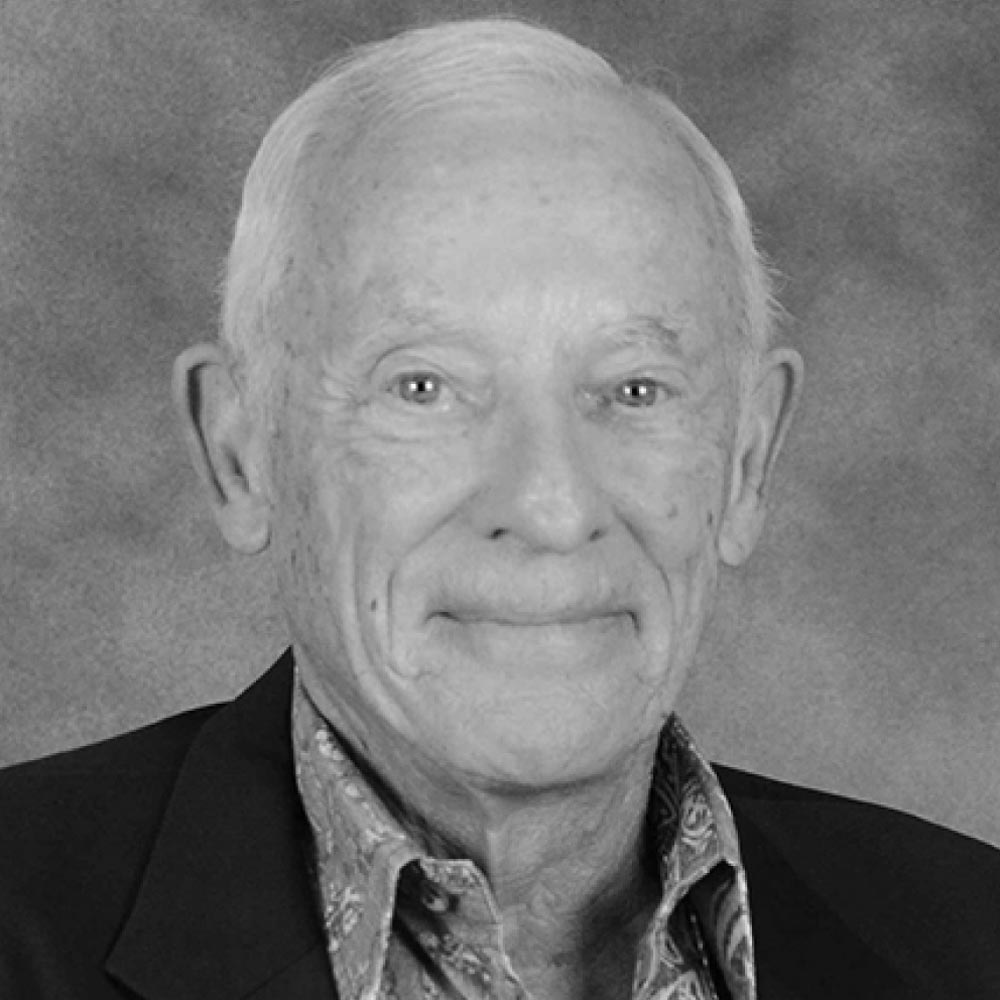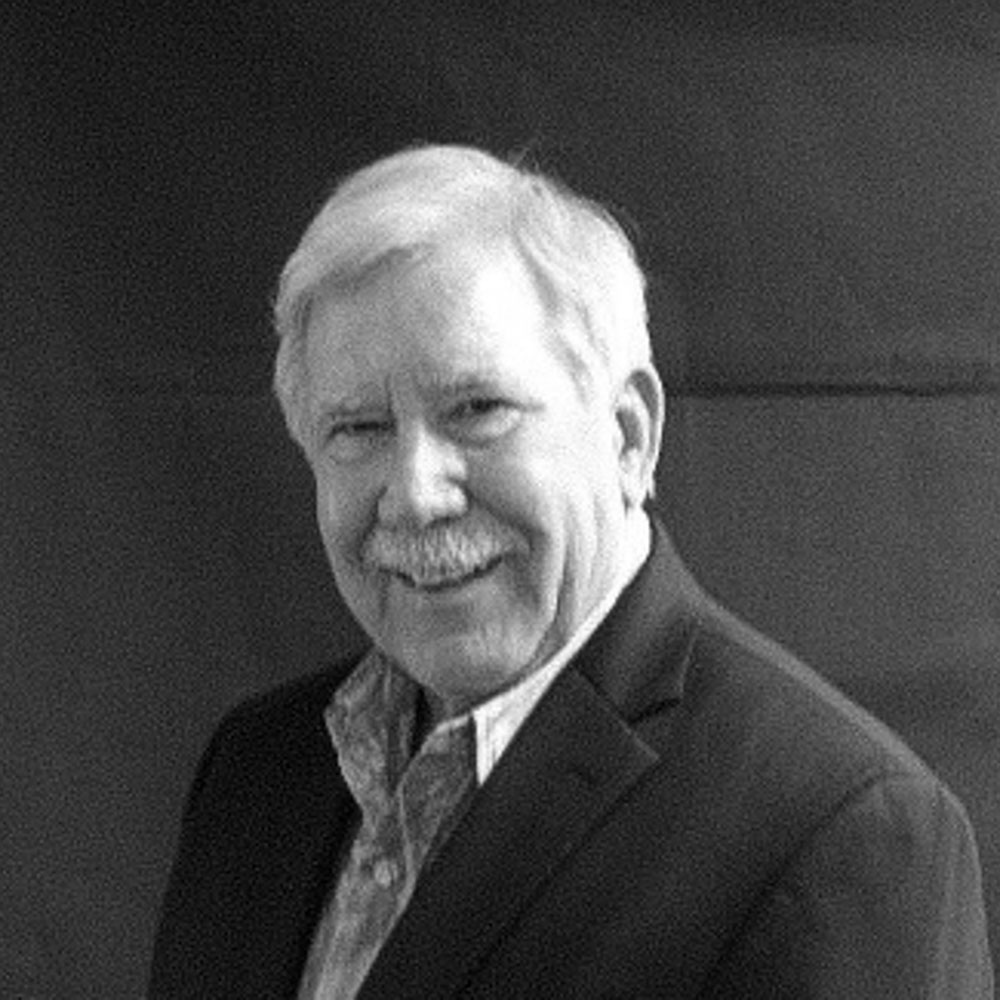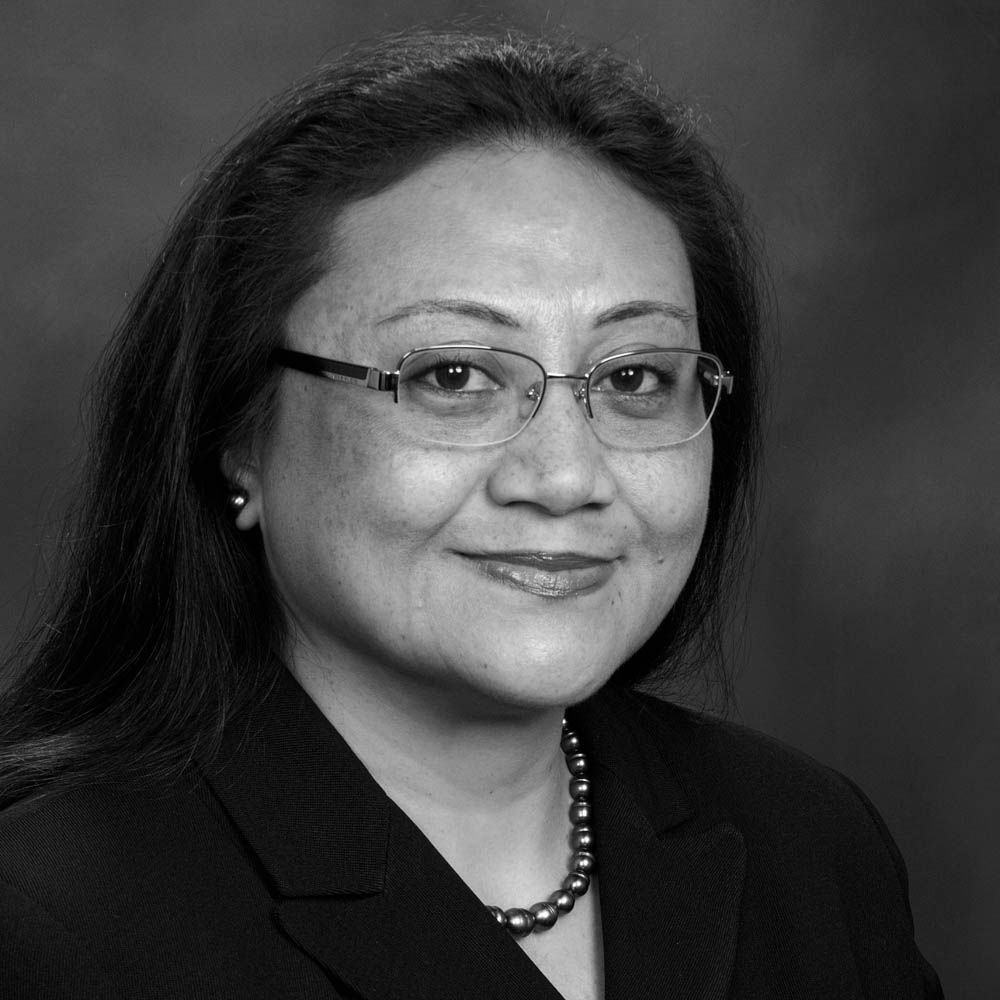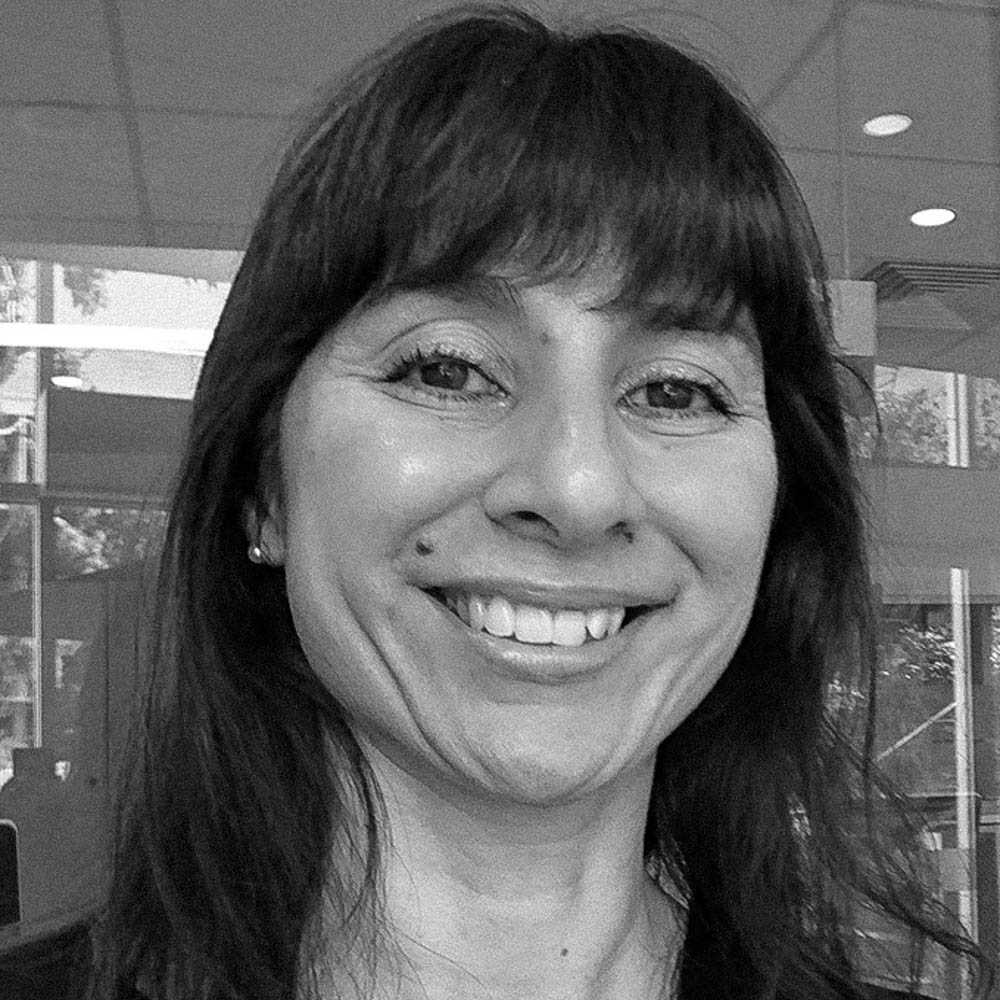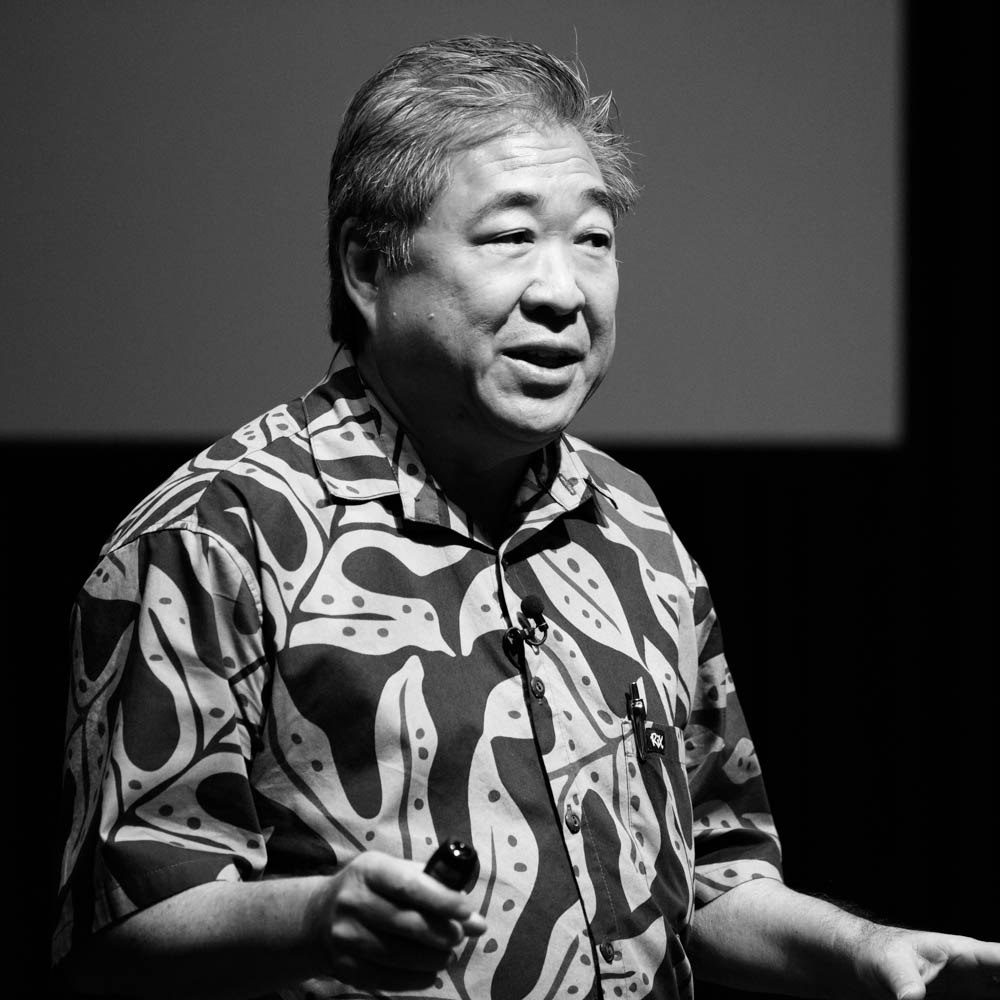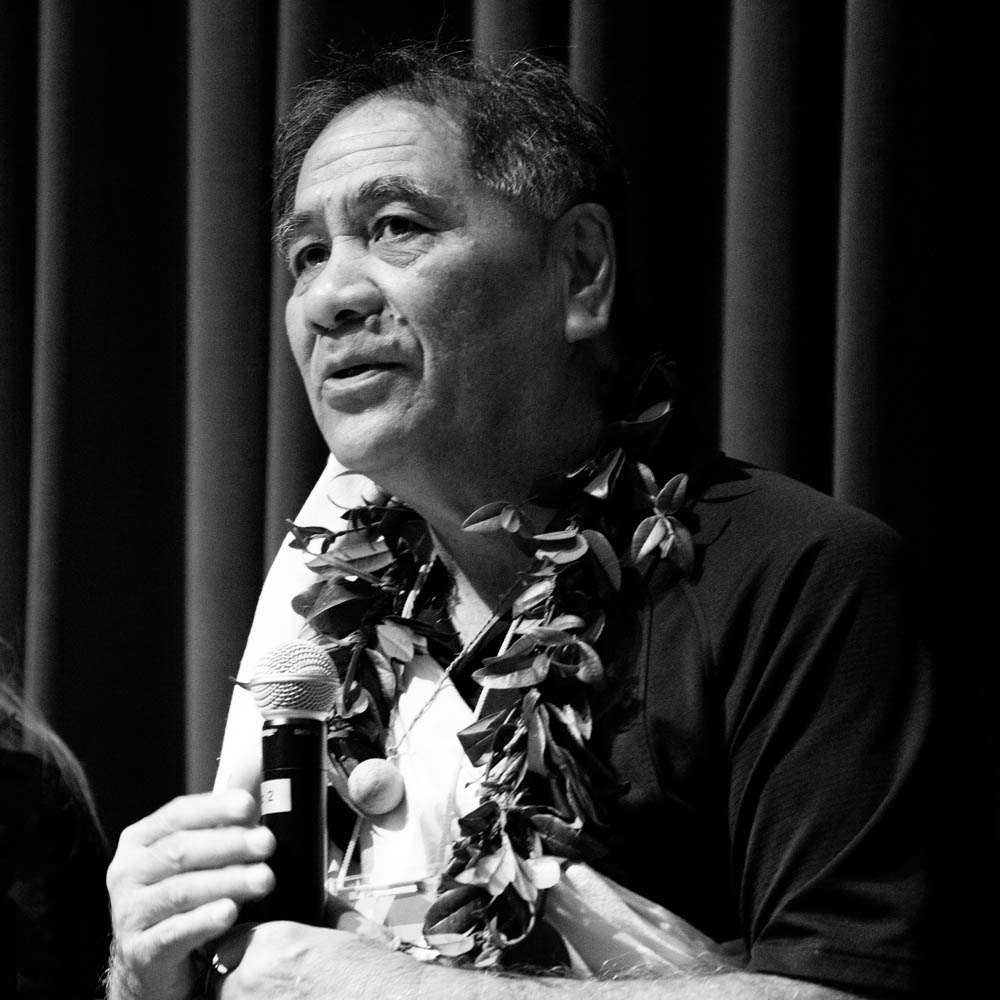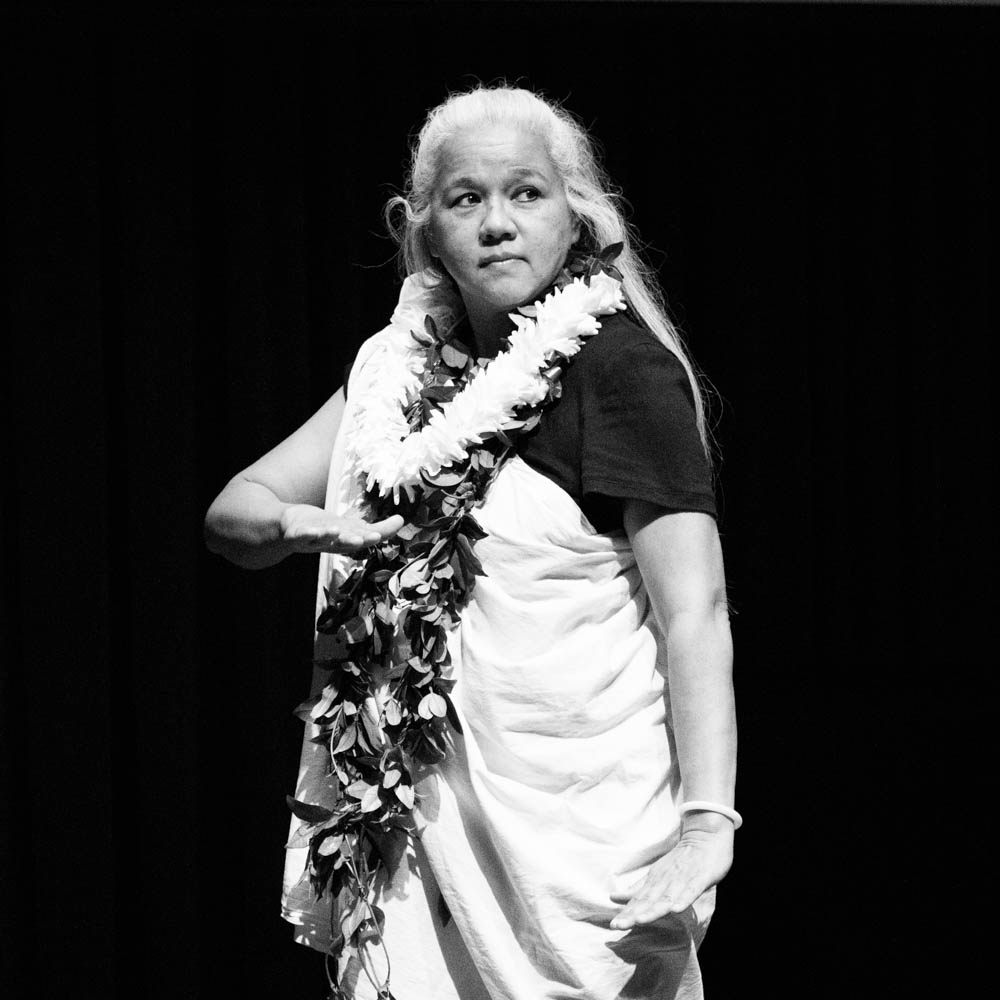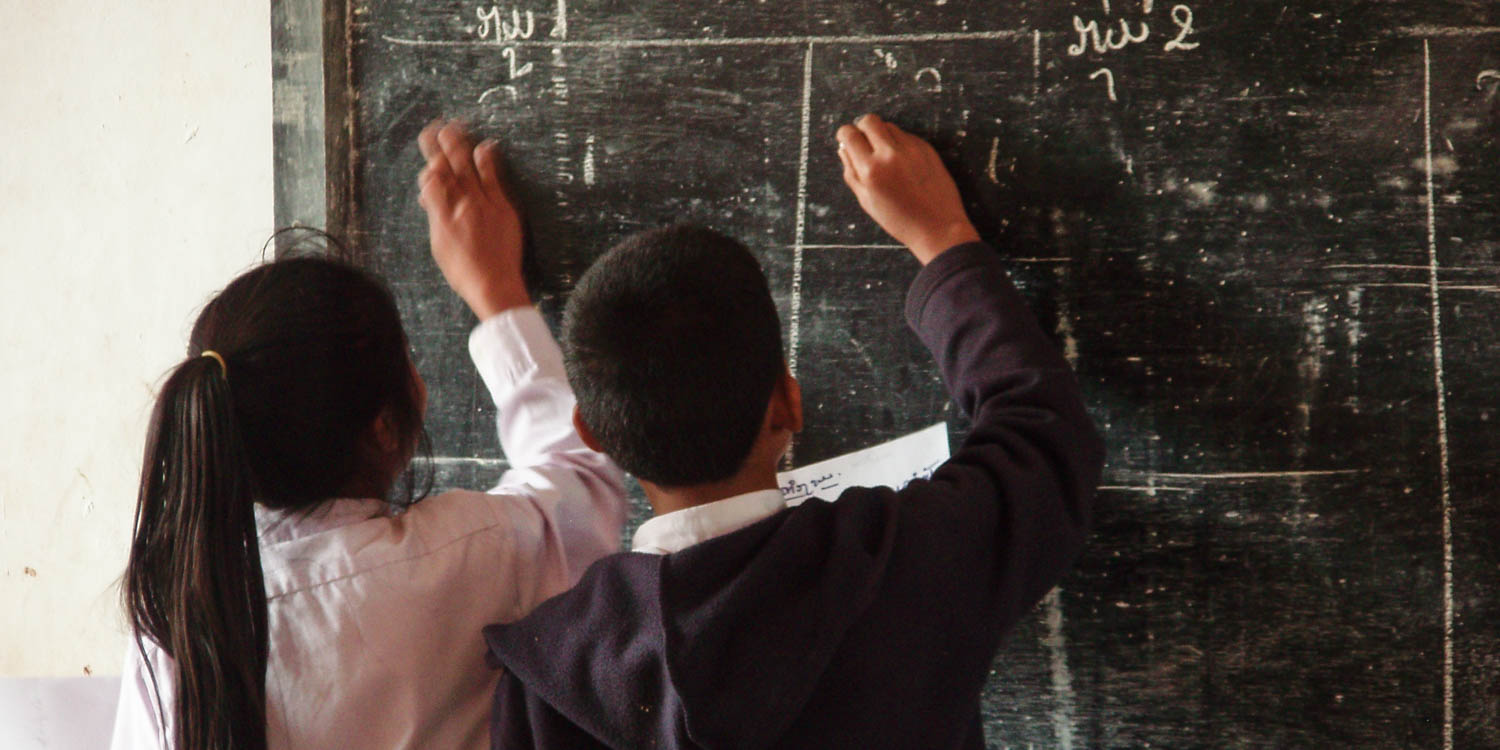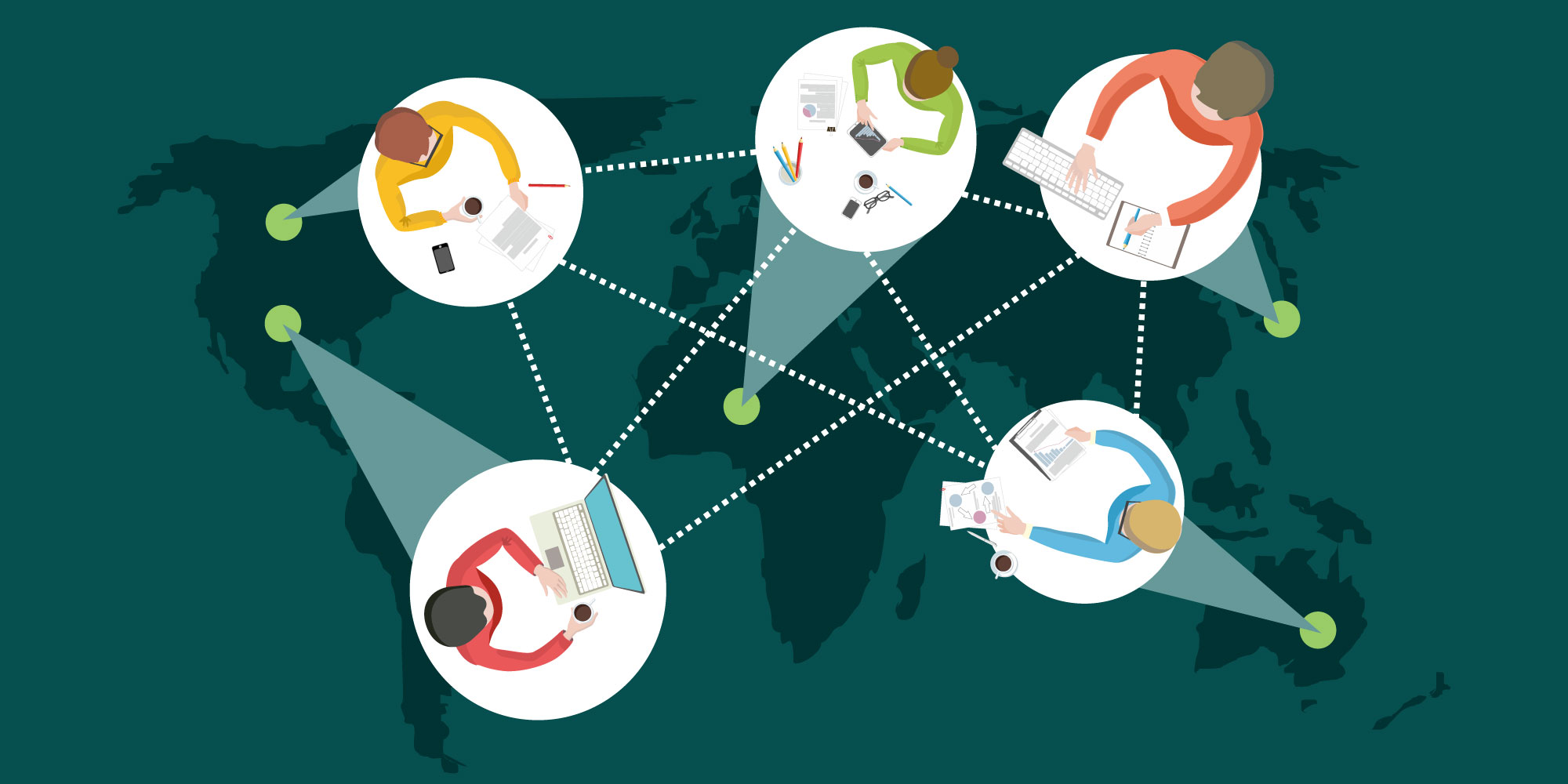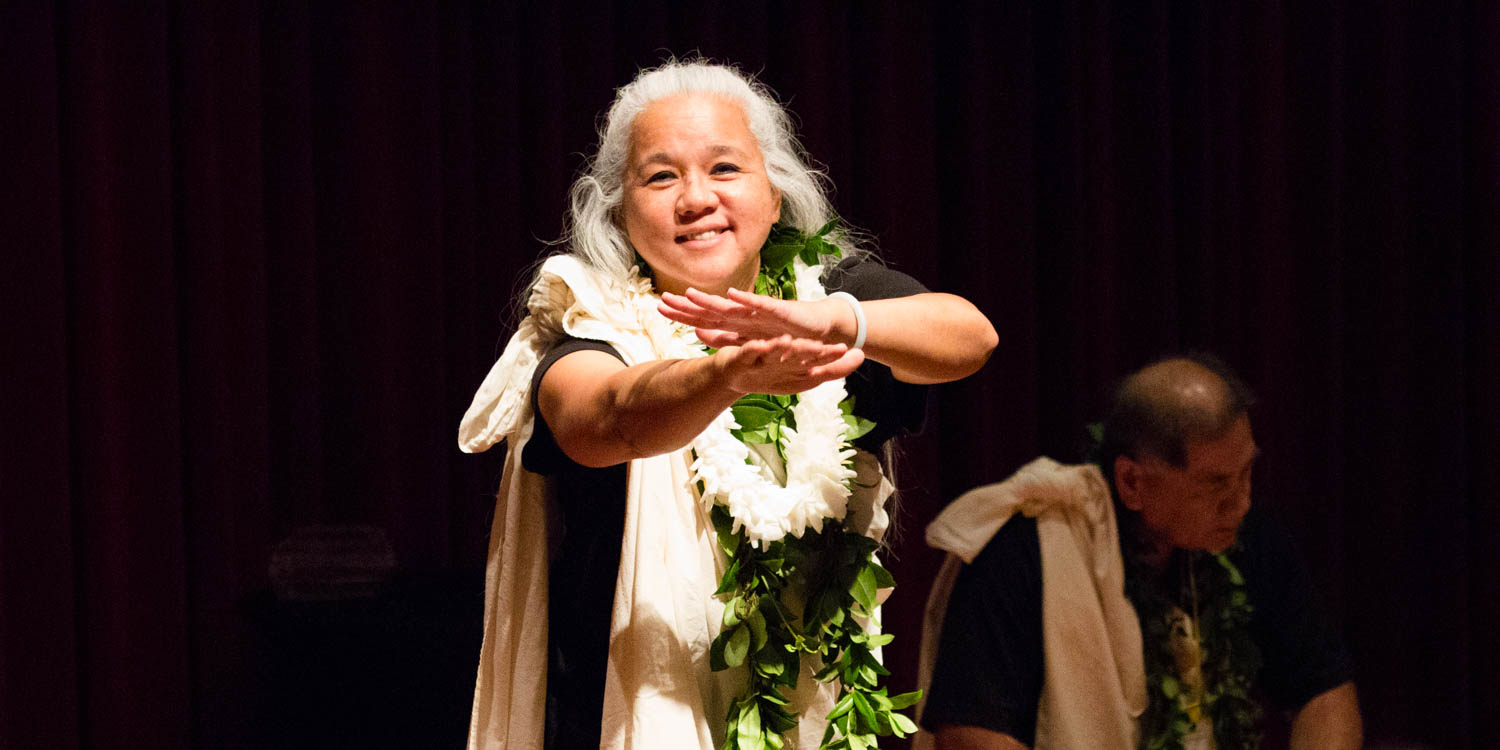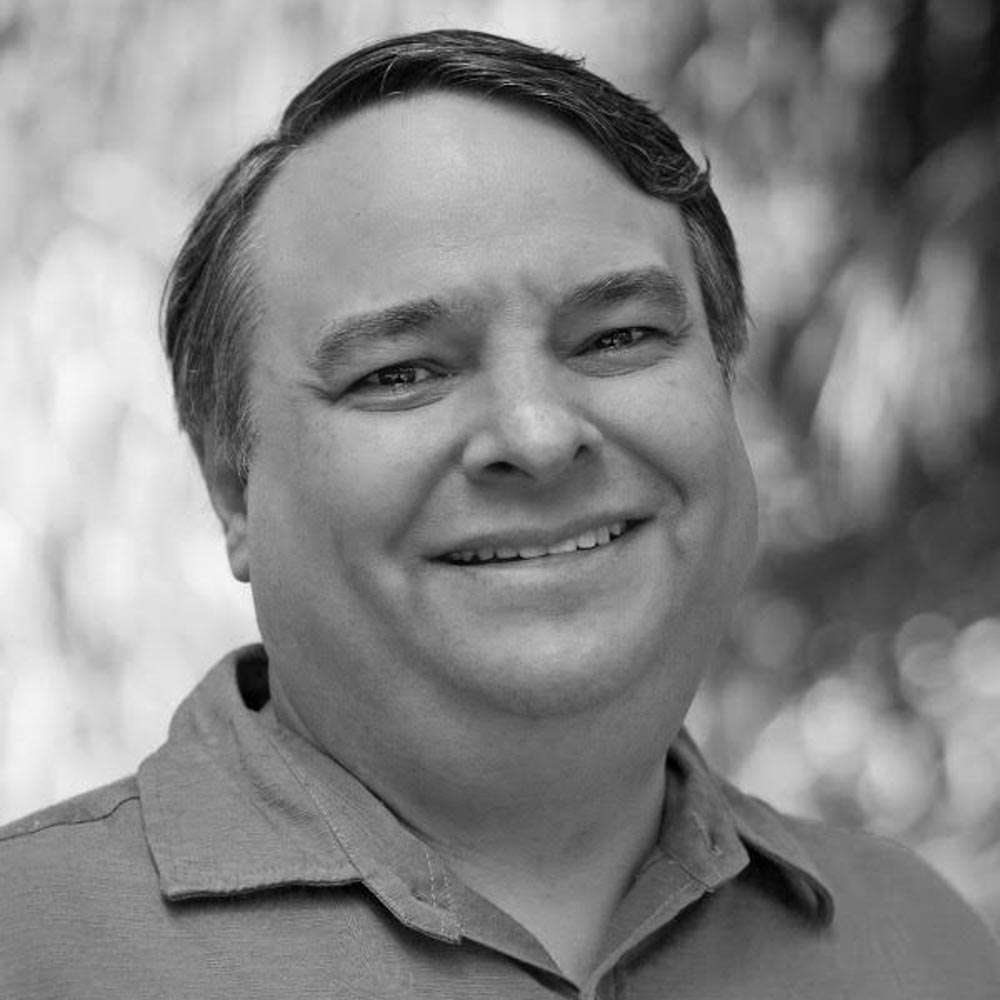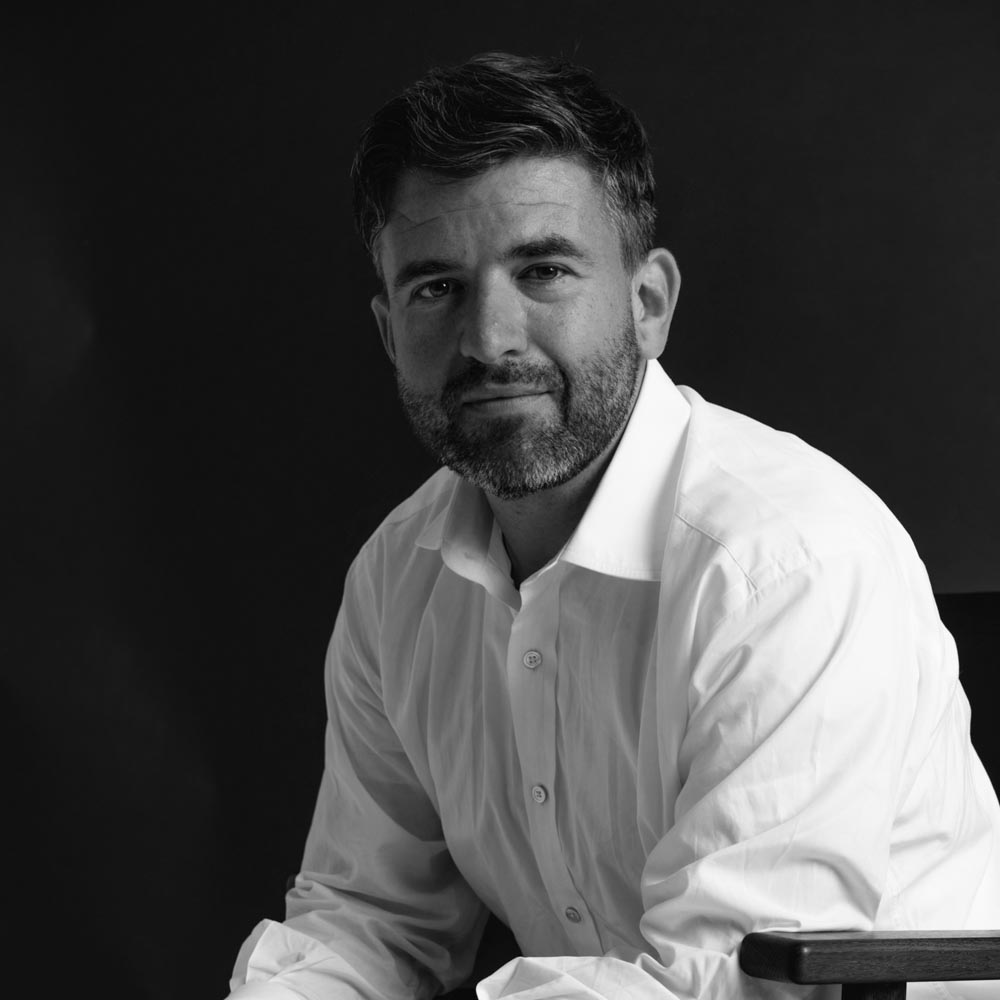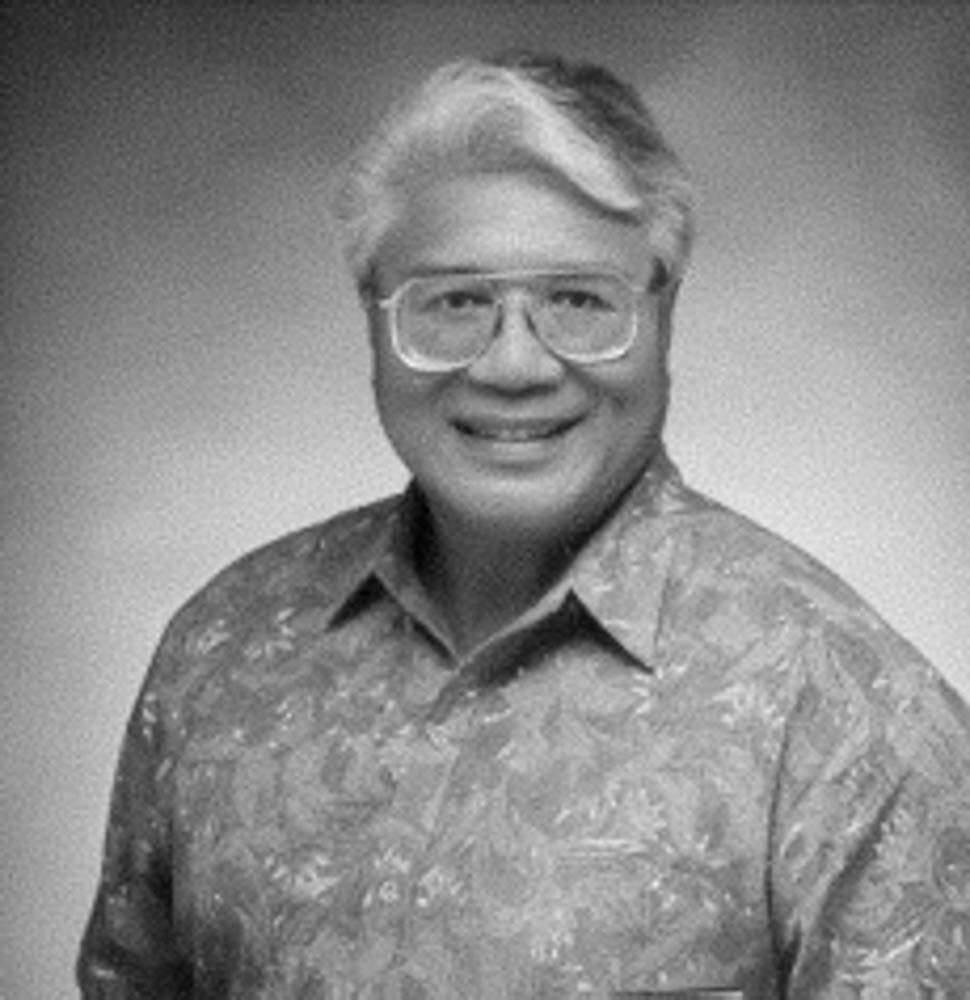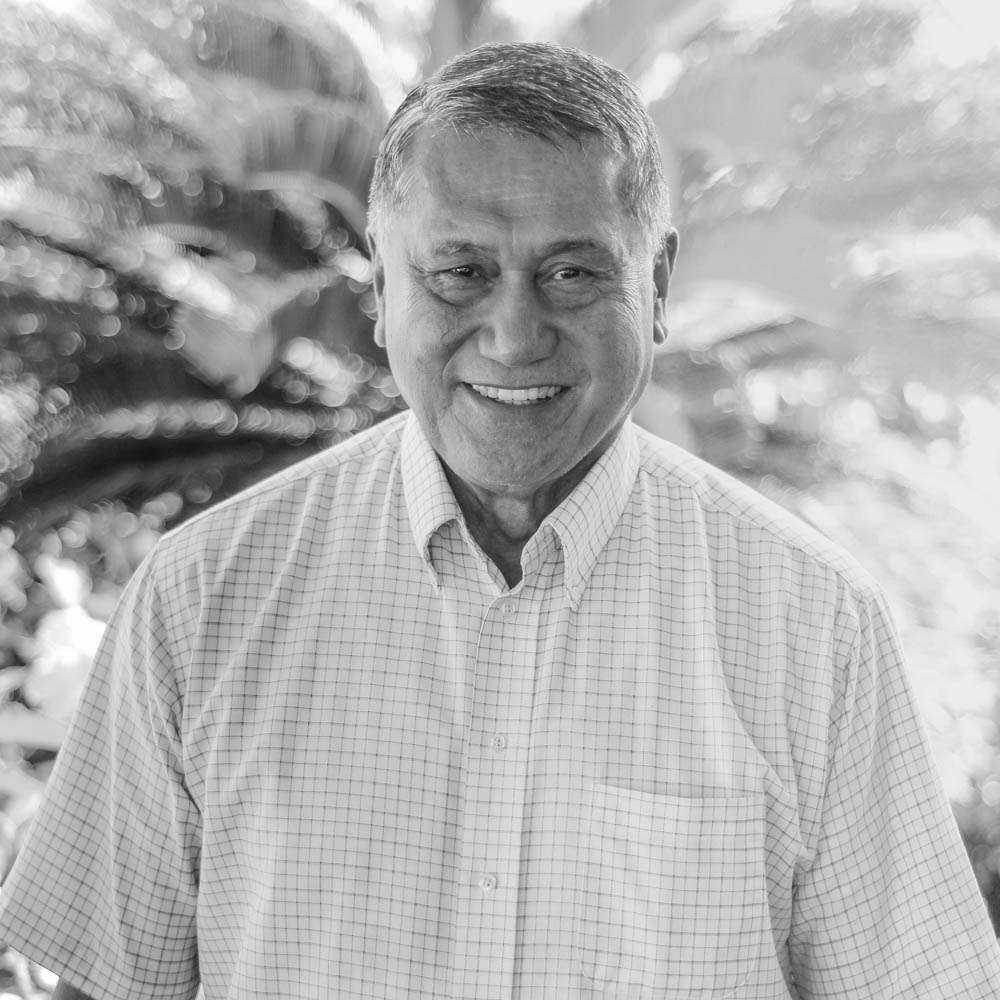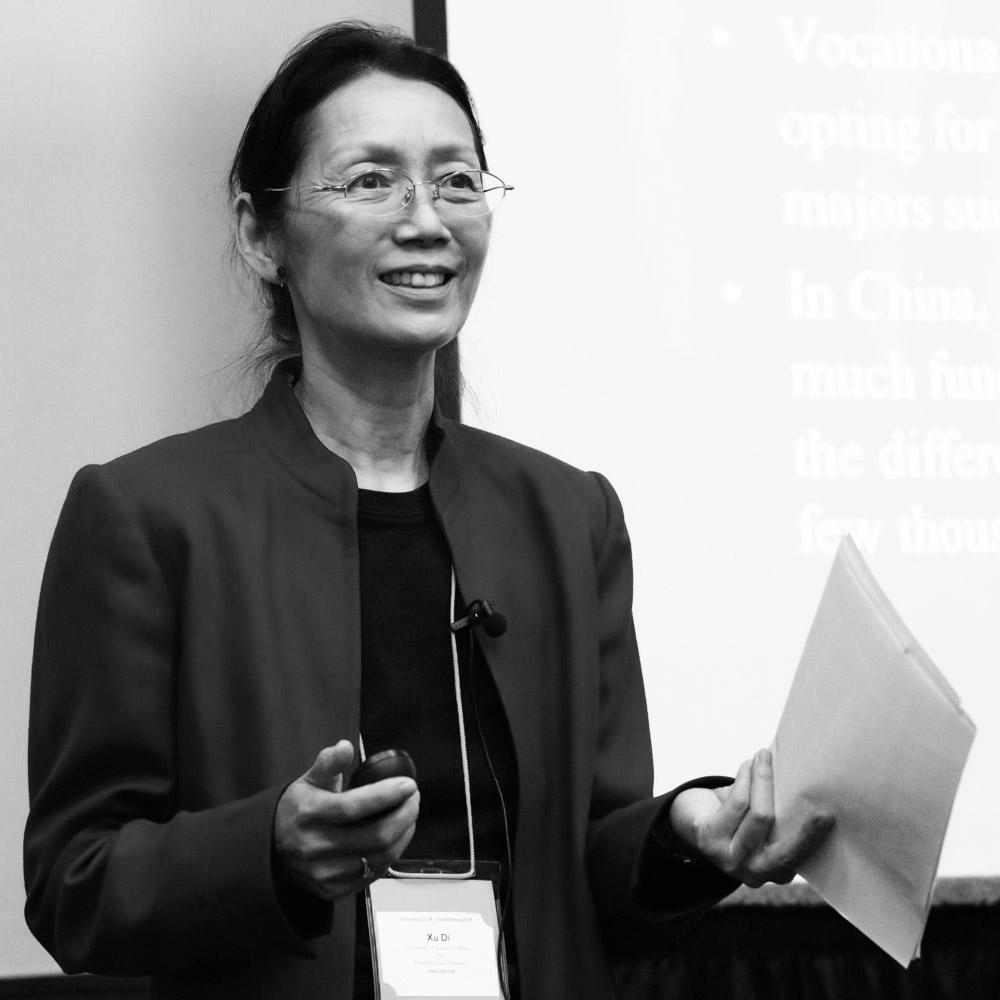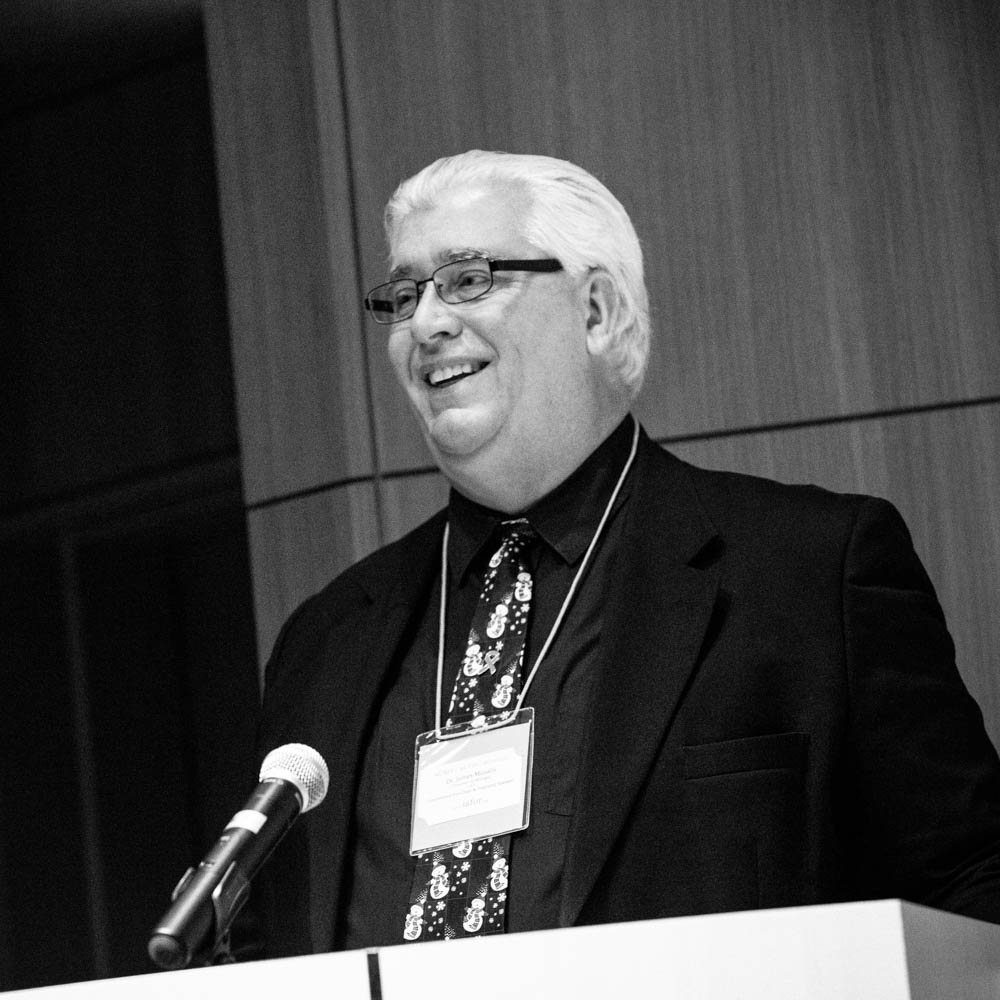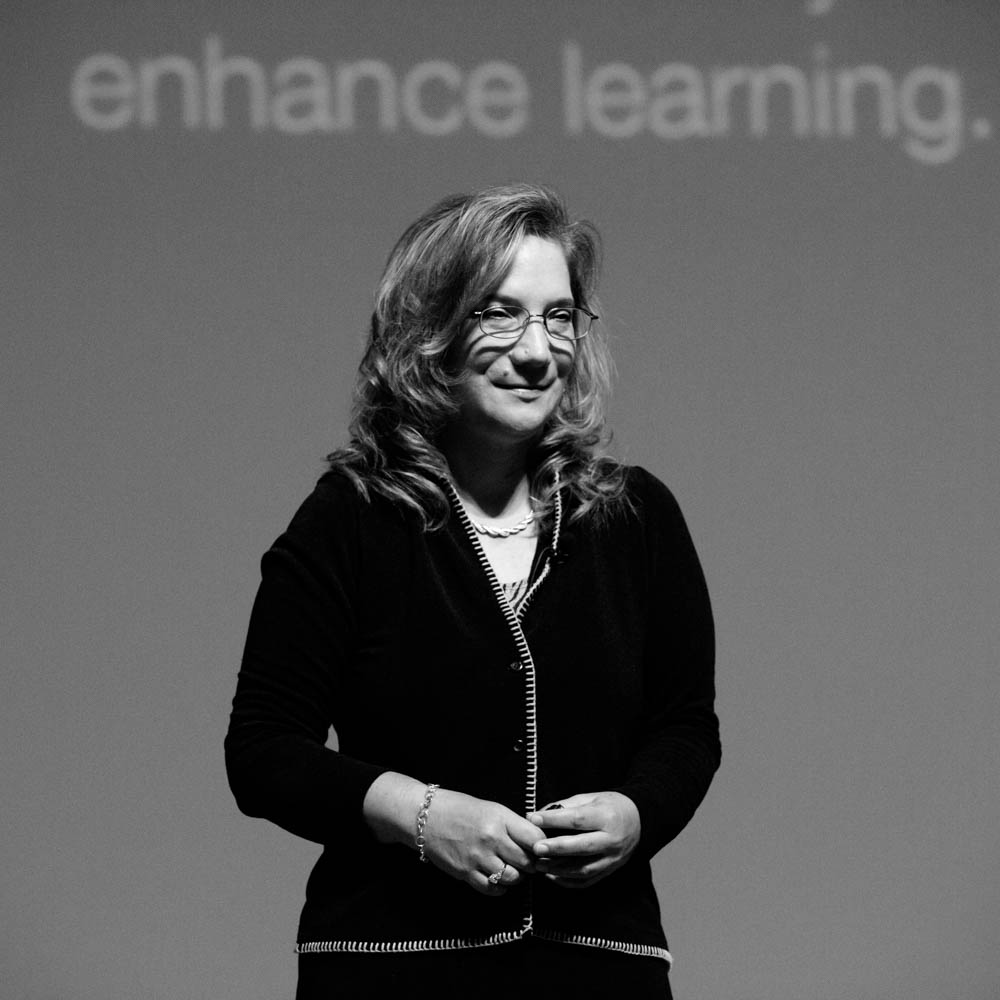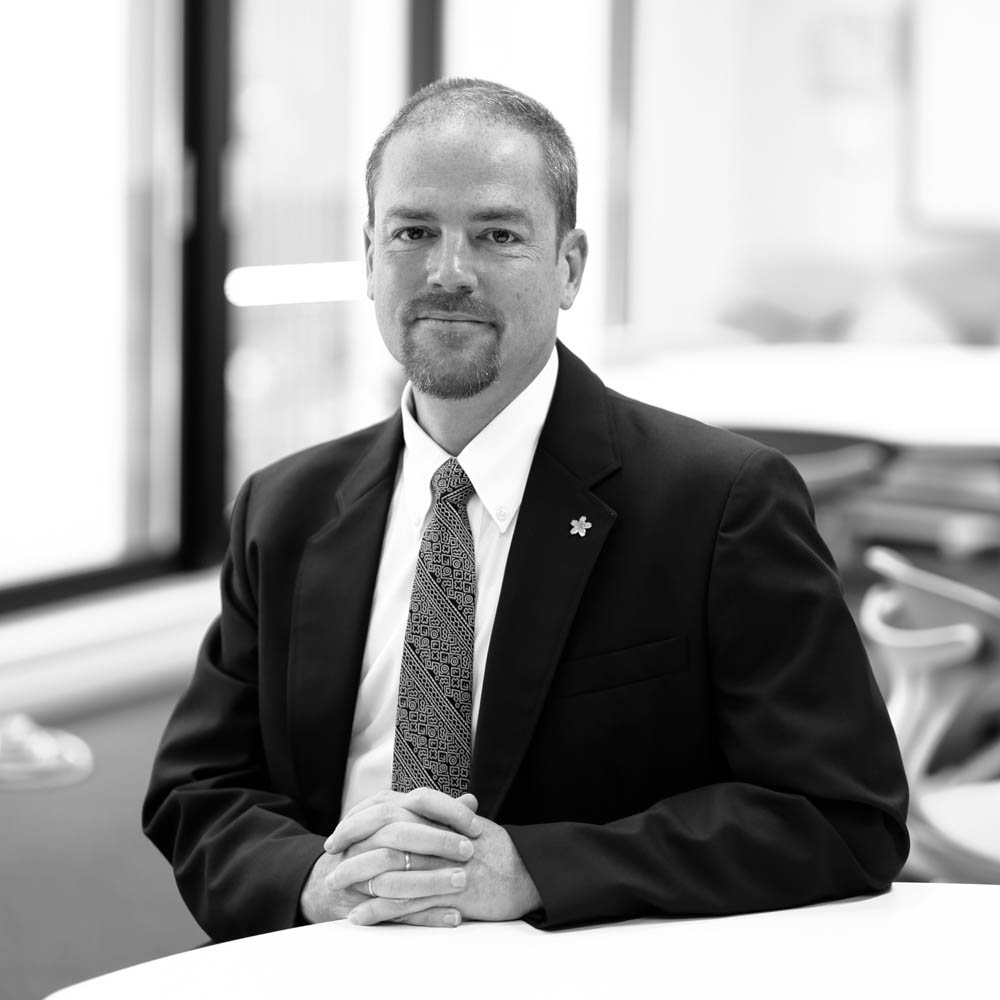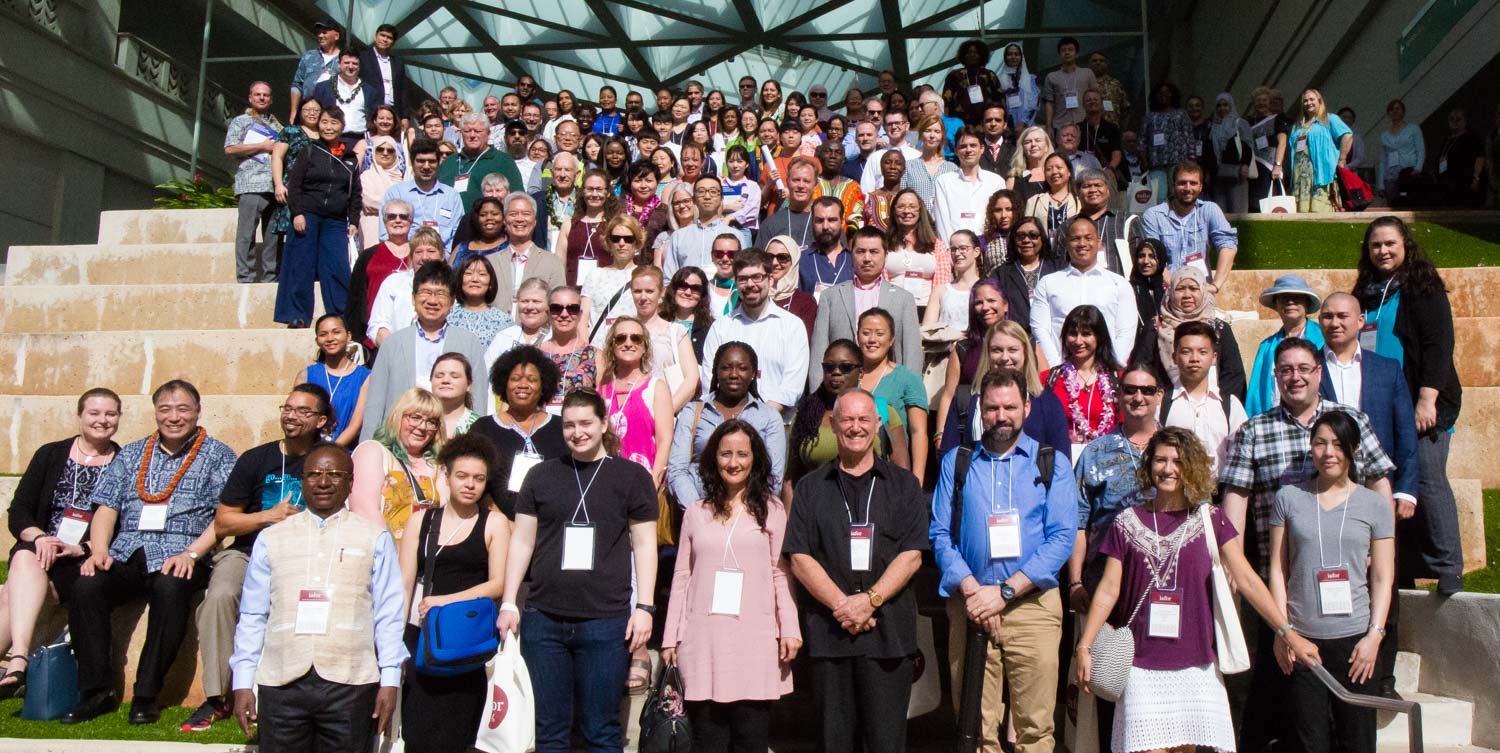
"Independence & Interdependence"
January 3-5, 2019 | The Hawai'i Convention Center, Honolulu, Hawaii, USA
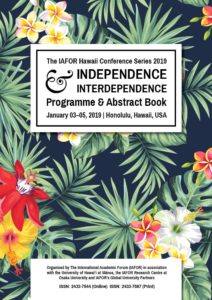 The 2019 conference theme for the IAFOR conference series in Hawaii is Independence & Interdependence, and invites reflections on the desirability, extent and limits of our individual independence and autonomy, of that of our students, and of the institutions and structures within which we work, teach and learn. We do not educate, and are not educated in vacuums, but in such contexts and constraints as families, groups, and societies; of nations and cultures; of identities and religions; and of political and financial realities.
The 2019 conference theme for the IAFOR conference series in Hawaii is Independence & Interdependence, and invites reflections on the desirability, extent and limits of our individual independence and autonomy, of that of our students, and of the institutions and structures within which we work, teach and learn. We do not educate, and are not educated in vacuums, but in such contexts and constraints as families, groups, and societies; of nations and cultures; of identities and religions; and of political and financial realities.
Ever changing technologies offer new ways for us to be independent and autonomous learners, encouraging students to be self-directed and confident in making choices, and enabling and empowering students and teachers to be proactive and tailor content. However, myriad technologies and services make us more dependent on the very things allowing autonomy. How do we help students and teachers alike navigate and curate the vast information available? How do we encourage individual growth while also underlining the importance of belonging and of the reciprocal responsibilities and privileges of education? How do we help students build the skills and attitudes necessary for positive engagement in distributed, globalised communities that so often lead to polarisation and alienation instead? How do we educate with independence and interdependence in mind?
2019 IAFOR Hawaii Conference Series Photo Report
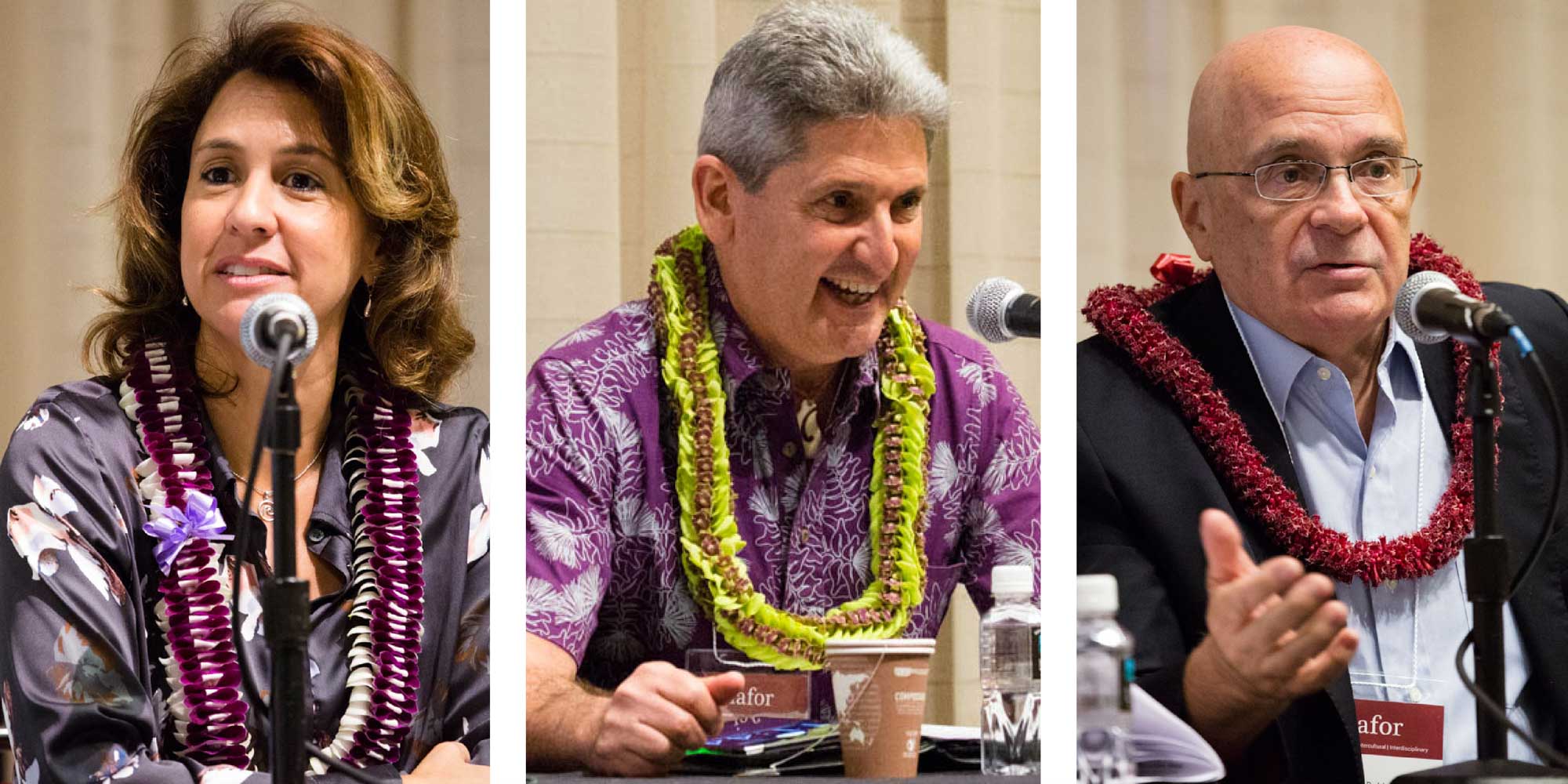
IAFOR began its 2019 in Honolulu, Hawaiʻi with a joint plenary session of the IAFOR International Conferences on Education (IICEHawaii) and Sustainability, Energy and the Environment (IICSEEHawaii), with Dr Christina M. Kishimoto (above left), Superintendent of the Hawaiʻi State Board of Education, Dr David Lassner (above center), President of the University of Hawaiʻi, and Dr Richard R. Vuylsteke (above right), CEO of the East-West Center. The panel was chaired by Dr Joseph Haldane, Chairman and CEO of IAFOR and entitled “Education and Sustainability: Local Lessons from Hawaiʻi”, and three of the State’s leaders joined to give their reflections on leadership and positive change around the conference theme of “Independence & Interdependence”.
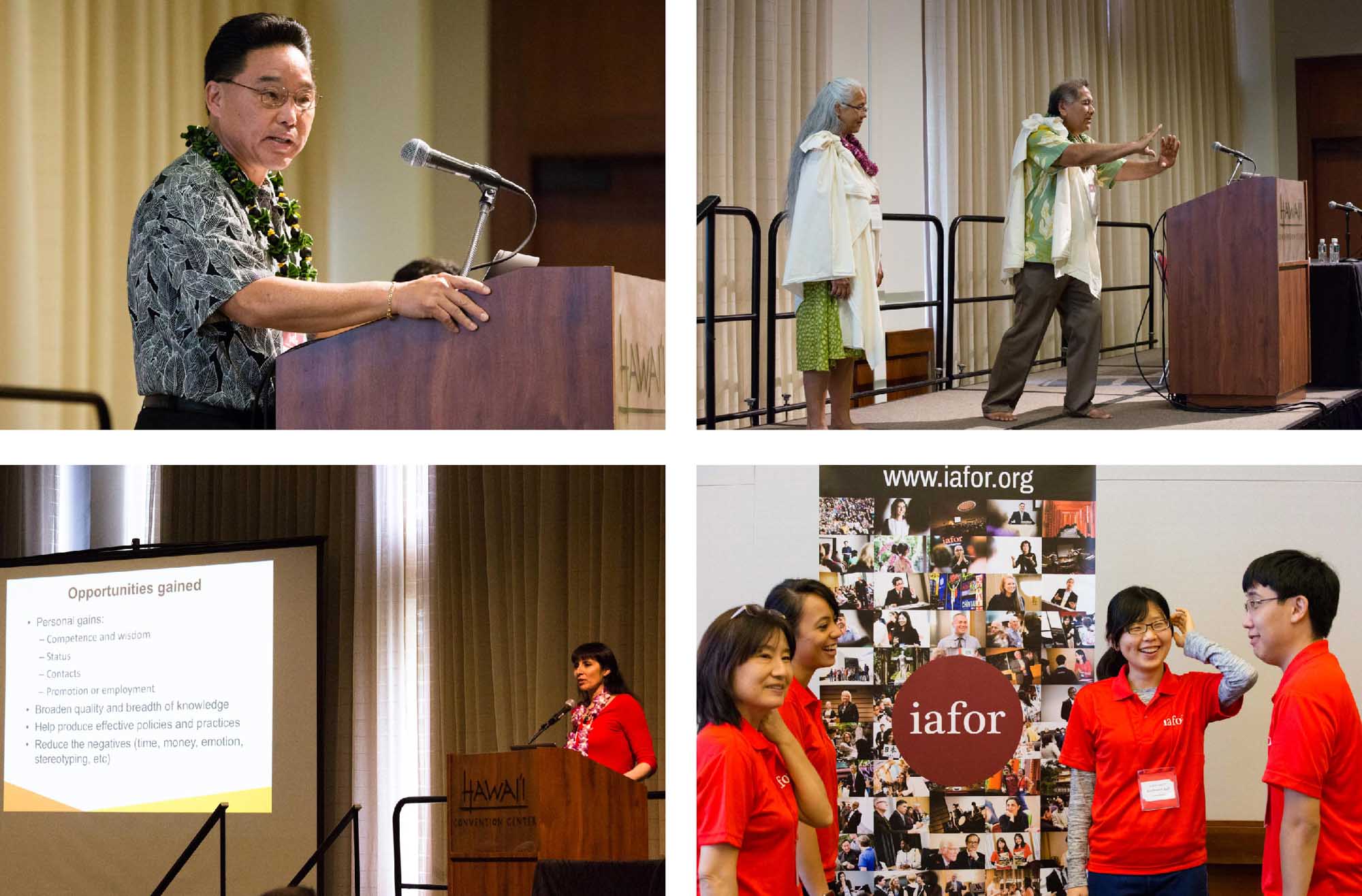
Above: Professor Nathan Murata (top left), Dean of the College of Education at the University of Hawaiʻi at Mānoa (UHM), welcomes delegates to the conference, following the traditional Hawaiian Oli ceremony, opening and blessing of the conference by Aunty Kehaulani Lum and Uncle Bruce Yoshio Keaulani (top right). Dr Amanda Müller of Flinders University (bottom left) conducts an interactive workshop discussing the opportunities gained through conducting interdisciplinary research and the benefits of team-based research projects. Volunteer graduate students from the College of Education at the University of Hawaiʻi at Mānoa (bottom right) relax during a lighter moment in the conference.
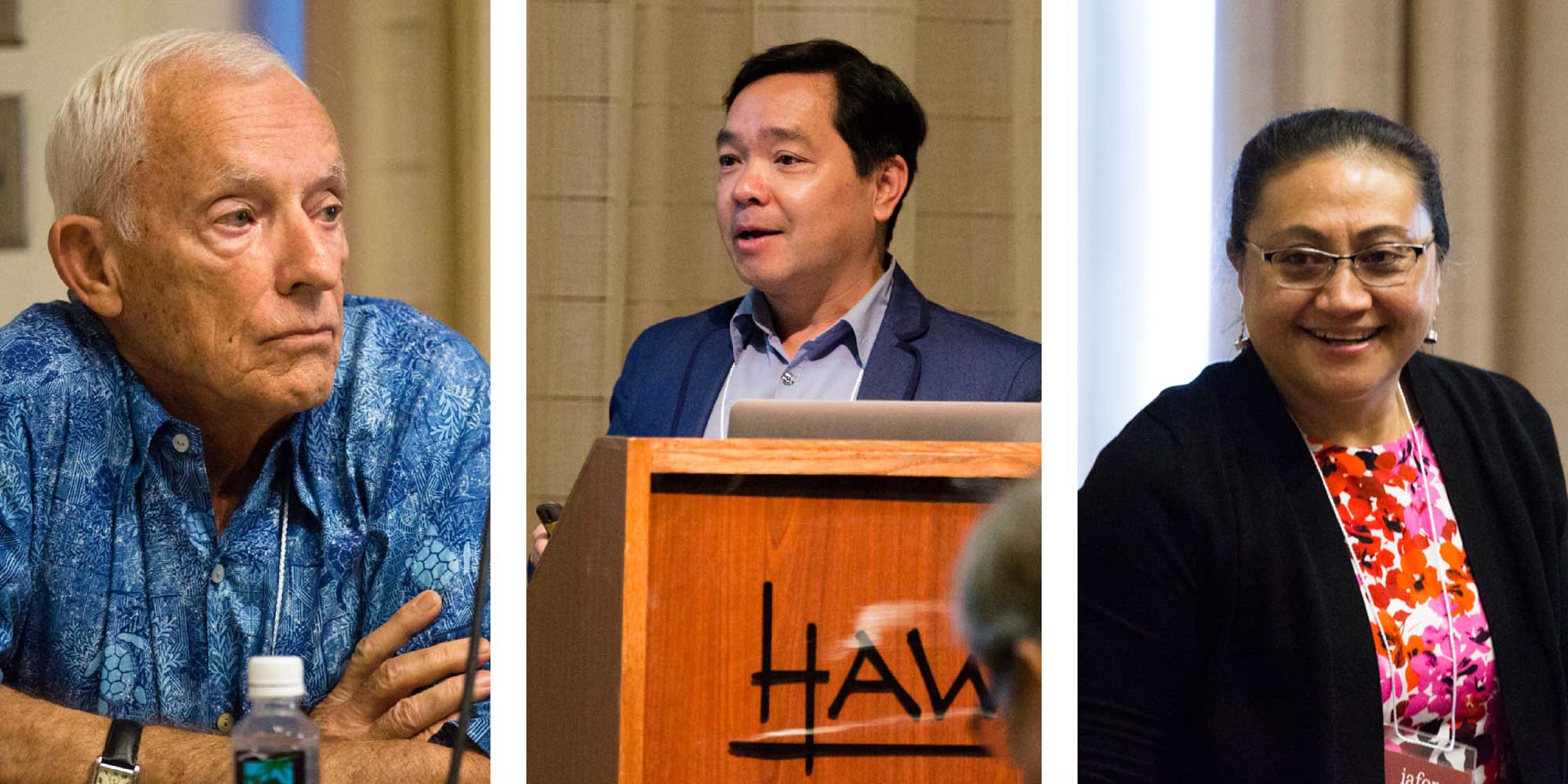
Dr Deane Neubauer (above left), Professor Emeritus of Political Science at the University of Hawaiʻi at Mānoa (UHM), moderates a wide-ranging plenary panel on “Independence and Interdependence”, looking at the challenges faced by teachers and policymakers as they prepare students for the unknown in a rapidly changing world. Held in collaboration with the Asia Pacific Higher Education Research Partnership (APHERP), which conducts a wide range of policy-focused research with a special focus on higher education, this panel included presentations by Professor Joshua Mok Ka-ho (above center), Vice-President and concurrently Lam Man Tsan Chair Professor of Comparative Policy of Lingnan University, and Dr Sela V. Panapasa of the University of Michigan (above right). Dr Panapasa looked at questions of demography, race and ethnicity, measuring health and education disparities.
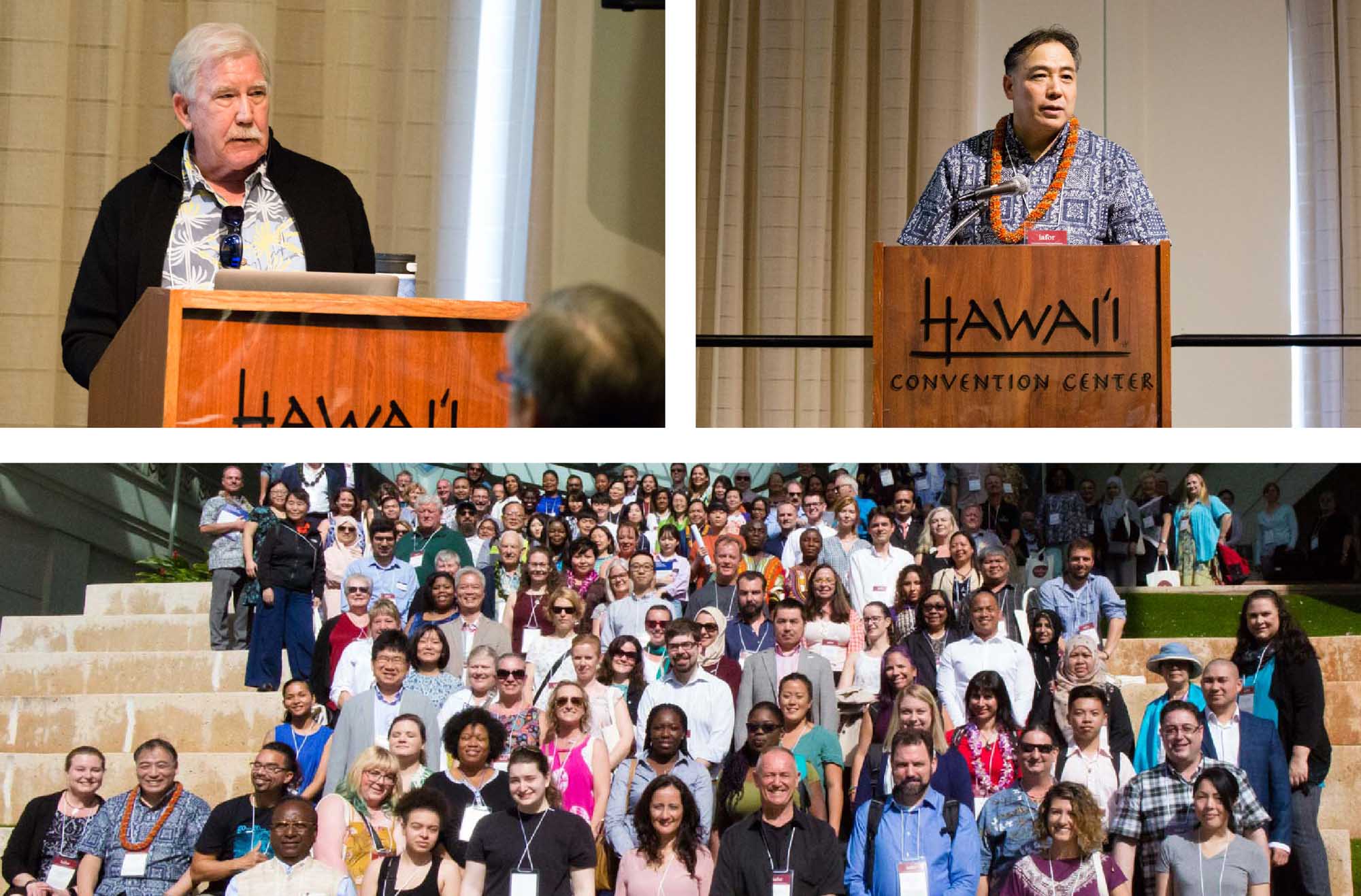
Professor David P. Ericson (top left), Professor of Philosophy of Education and Educational Policy Studies in the Department of Educational Foundations, at UHM gives a historical overview of formal education and systems, in order to then offer possible projections of where we might be heading in a thoughtful address as part of the “Independence and Interdependence” plenary panel. Dr Keiichi Ogawa (top right), a Professor/Department Chair in the Graduate School of International Cooperation Studies at Kobe University in Japan, delivers a Keynote Address on “SDGs and Education: Sustainable Financing for Early Childhood Care and Education (ECCE) in Viet Nam, Laos and Cambodia”. Bottom: Delegates join for a group photo on the steps of the Hawaiʻi International Convention Center. Over 300 people from 45 different countries attended the 2019 IAFOR conference.
Speakers
Keynote Speakers
-
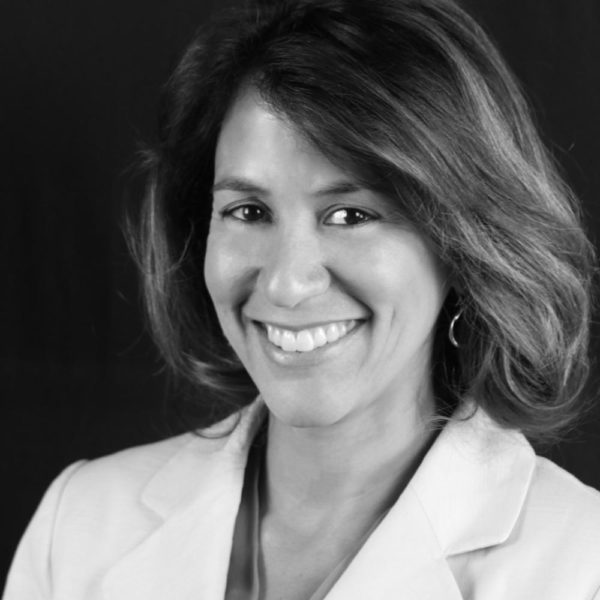 Christina M. KishimotoHawaii State Department of Education, USA
Christina M. KishimotoHawaii State Department of Education, USA -
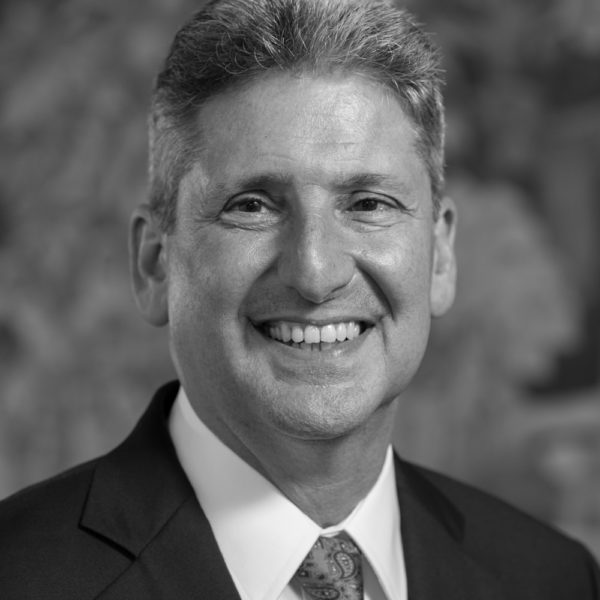 David LassnerUniversity of Hawai‘i, USA
David LassnerUniversity of Hawai‘i, USA -
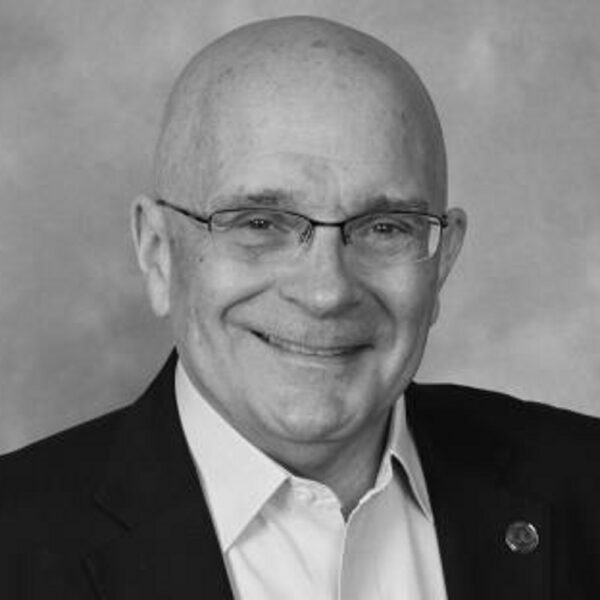 Richard R. VuylstekeEast-West Center, USA
Richard R. VuylstekeEast-West Center, USA
Featured Speakers
-
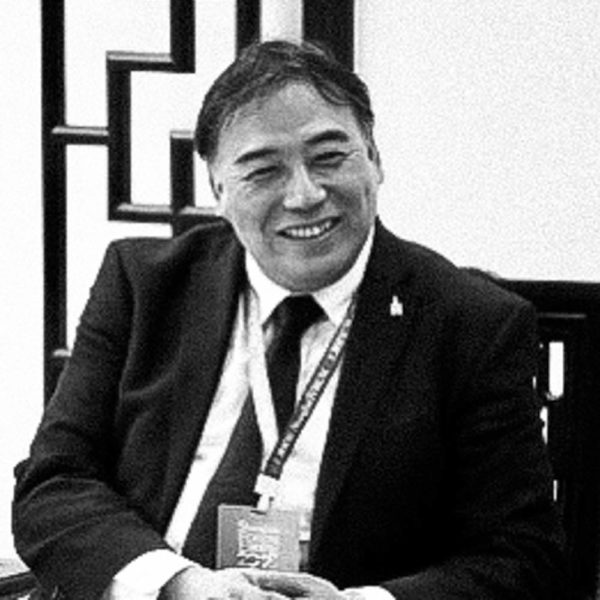 Keiichi OgawaKobe University, Japan
Keiichi OgawaKobe University, Japan -
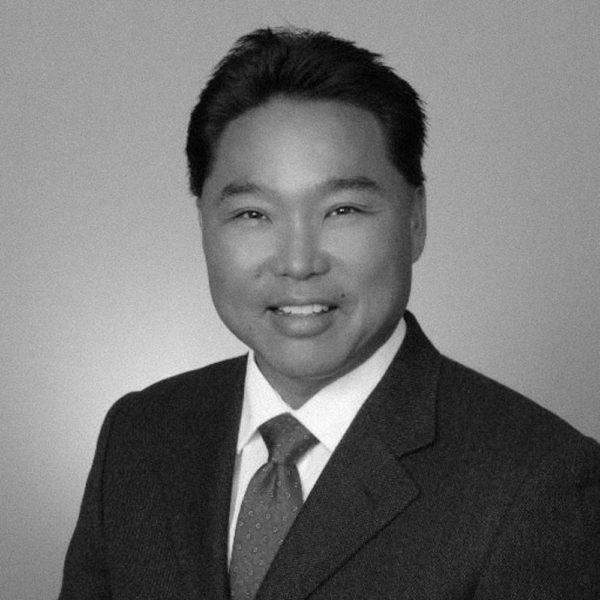 Nathan MurataUniversity of Hawaii at Manoa, USA
Nathan MurataUniversity of Hawaii at Manoa, USA -
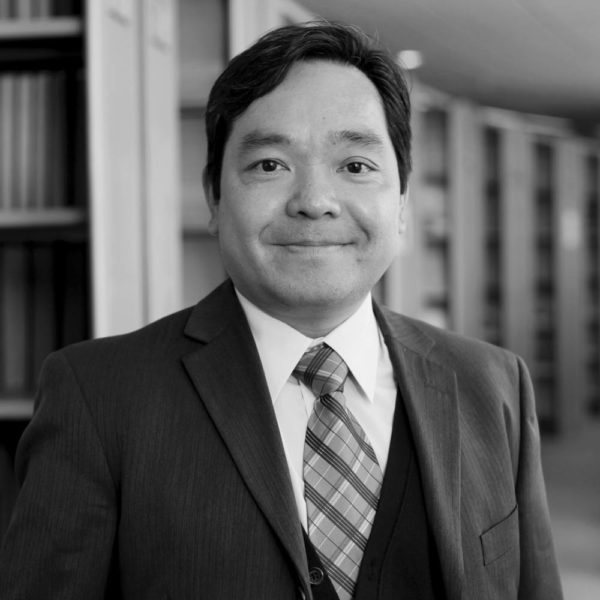 Joshua MokLingnan University, Hong Kong
Joshua MokLingnan University, Hong Kong -
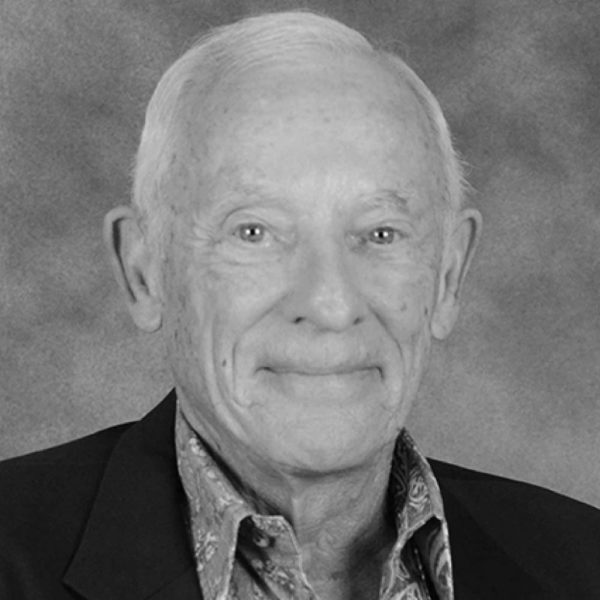 Deane NeubauerUniversity of Hawai’i at Manoa, United States
Deane NeubauerUniversity of Hawai’i at Manoa, United States -
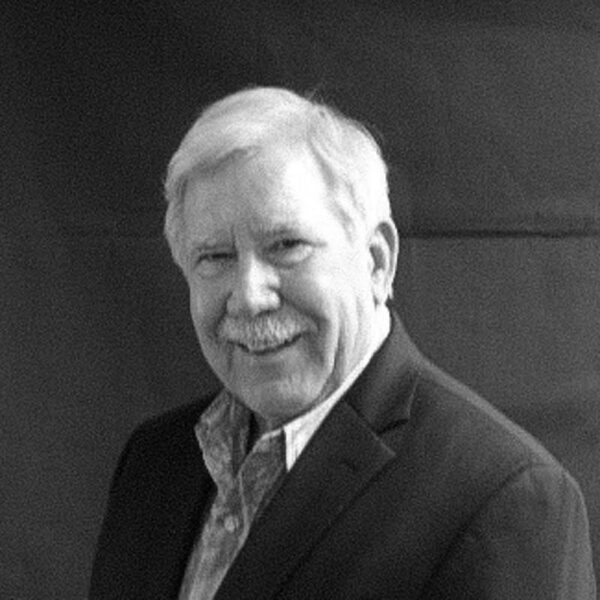 David P. EricsonUniversity of Hawaii at Manoa, USA
David P. EricsonUniversity of Hawaii at Manoa, USA -
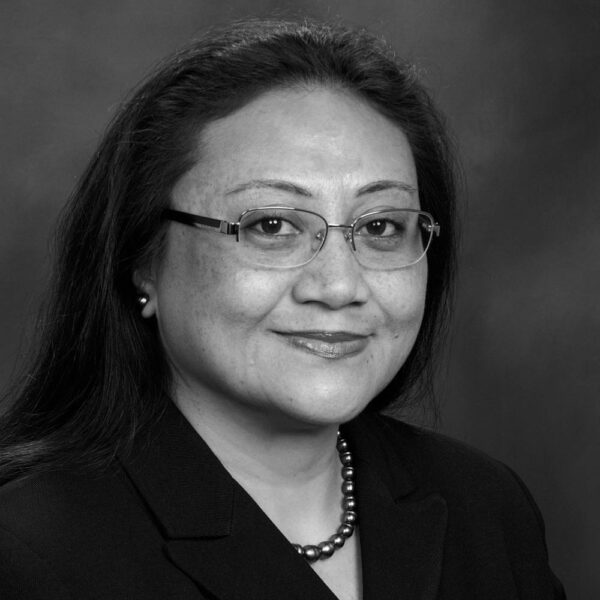 Sela V. PanapasaUniversity of Michigan, USA
Sela V. PanapasaUniversity of Michigan, USA -
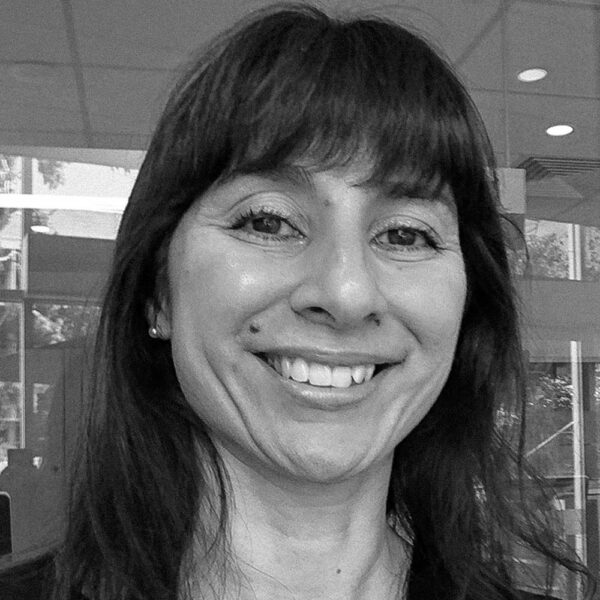 Amanda MüllerFlinders University, Australia
Amanda MüllerFlinders University, Australia -
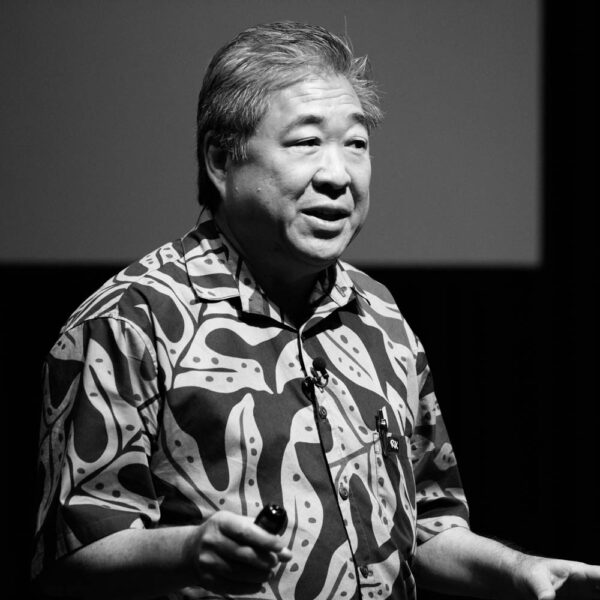 Curtis HoUniversity of Hawai’i at Manoa, USA
Curtis HoUniversity of Hawai’i at Manoa, USA
Featured Cultural Presenters
Programme
-
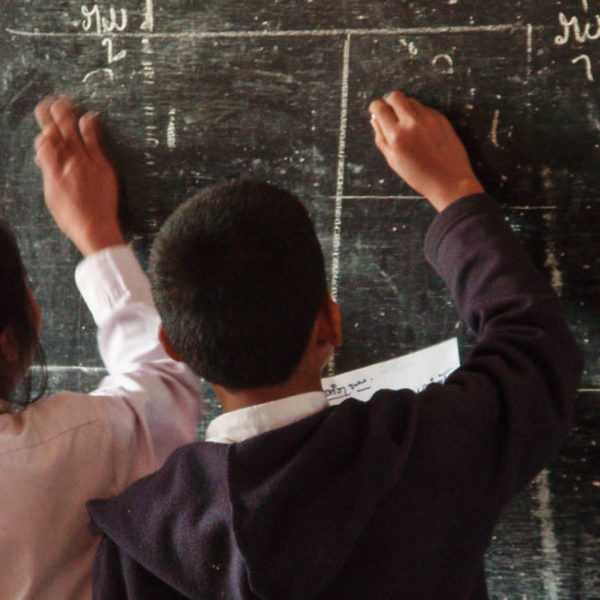 SDGs and Education: Sustainable Financing for Early Childhood Care and Education (ECCE) in Viet Nam, Laos and CambodiaFeatured Presentation: Keiichi Ogawa
SDGs and Education: Sustainable Financing for Early Childhood Care and Education (ECCE) in Viet Nam, Laos and CambodiaFeatured Presentation: Keiichi Ogawa -
 Education and Sustainability: Local Lessons from Hawai’iKeynote Panel Presentation: Christina M. Kishimoto, David Lassner & Richard R. Vuylsteke
Education and Sustainability: Local Lessons from Hawai’iKeynote Panel Presentation: Christina M. Kishimoto, David Lassner & Richard R. Vuylsteke -
 Independence & InterdependenceFeatured Panel Presentation: Deane Neubauer, Ka Ho Joshua Mok, David Ericson, Sela V. Panapasa & Curtis Ho
Independence & InterdependenceFeatured Panel Presentation: Deane Neubauer, Ka Ho Joshua Mok, David Ericson, Sela V. Panapasa & Curtis Ho -
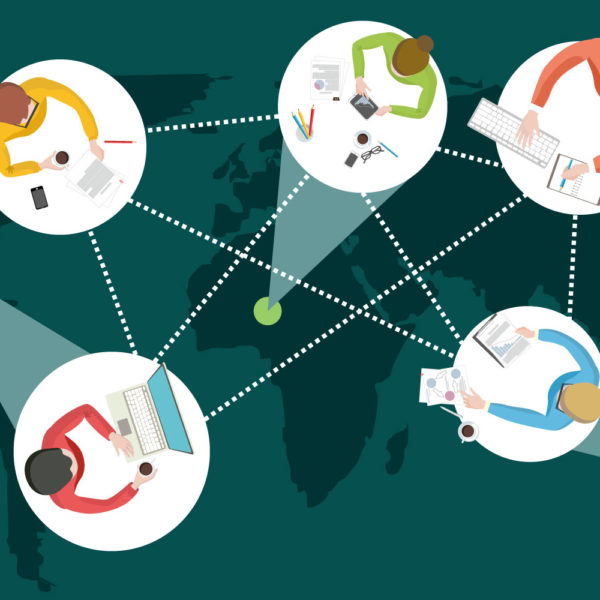 Opportunities Gained Through Interdisciplinary ResearchFeatured Presentation: Amanda Müller
Opportunities Gained Through Interdisciplinary ResearchFeatured Presentation: Amanda Müller -
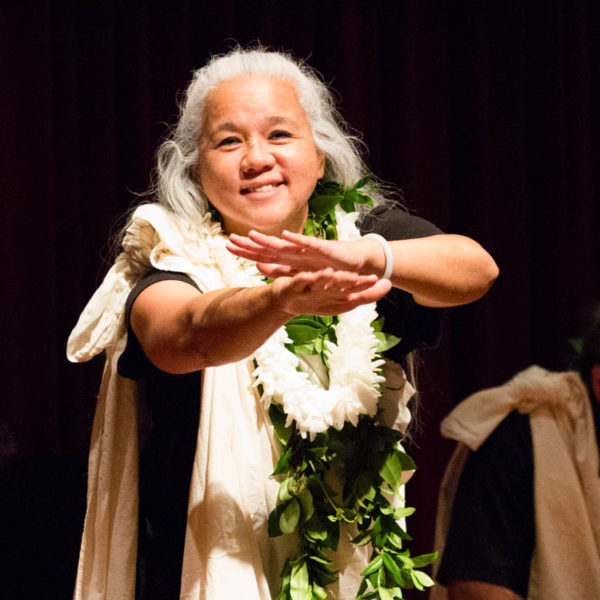 Hawaiian Oli OpeningFeatured Cultural Presentation: Uncle Bruce Yoshio Keaulani & Aunty Kehaulani Lum
Hawaiian Oli OpeningFeatured Cultural Presentation: Uncle Bruce Yoshio Keaulani & Aunty Kehaulani Lum
Organising Committee
The Conference Programme Committee is composed of distinguished academics who are experts in their fields. Conference Programme Committee members may also be members of IAFOR's International Academic Board. The Organising Committee is responsible for nominating and vetting Keynote and Featured Speakers; developing the conference programme, including special workshops, panels, targeted sessions, and so forth; event outreach and promotion; recommending and attracting future Conference Programme Committee members; working with IAFOR to select PhD students and early career academics for IAFOR-funded grants and scholarships; and overseeing the reviewing of abstracts submitted to the conference.
-
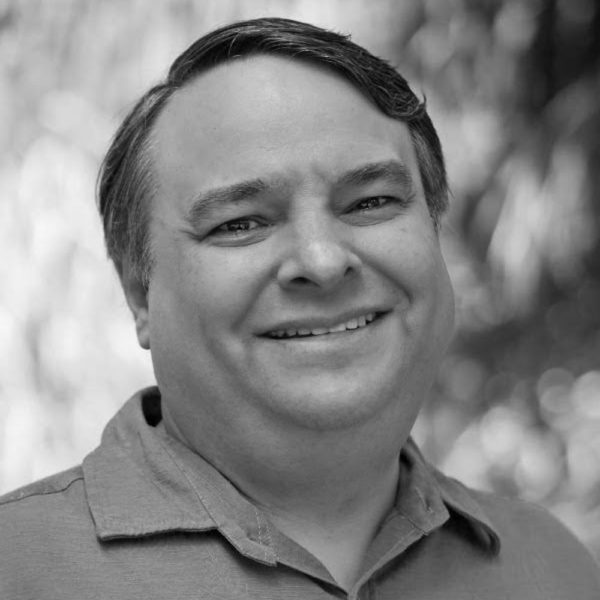 Michael MenchacaUniversity of Hawai’i at Mānoa, United States
Michael MenchacaUniversity of Hawai’i at Mānoa, United States -
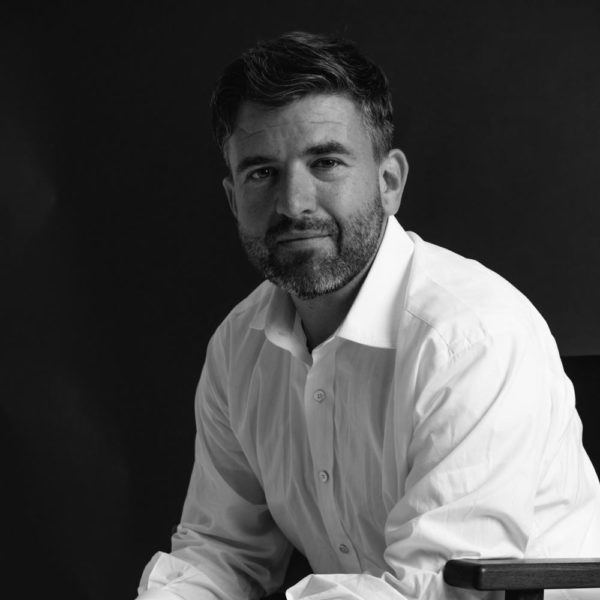 Joseph HaldaneThe International Academic Forum (IAFOR), Japan
Joseph HaldaneThe International Academic Forum (IAFOR), Japan -
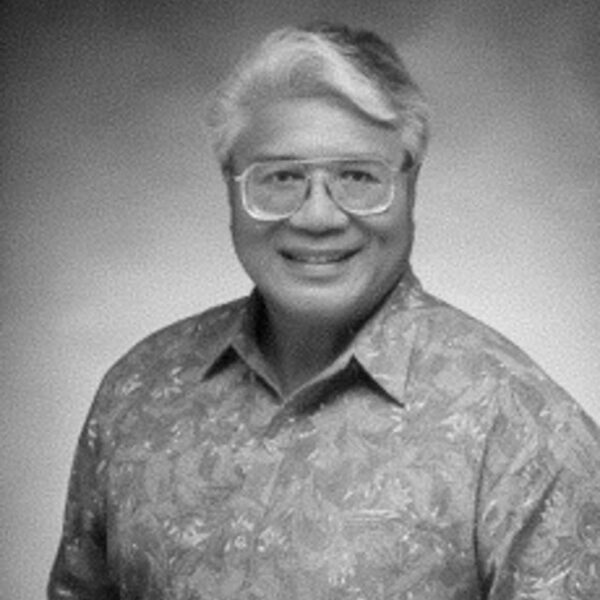 Failautusi ‘Tusi’ AvegalioUniversity of Hawaiʻi at Manoa, USA
Failautusi ‘Tusi’ AvegalioUniversity of Hawaiʻi at Manoa, USA -
 David P. EricsonUniversity of Hawaii at Manoa, USA
David P. EricsonUniversity of Hawaii at Manoa, USA -
 Sela V. PanapasaUniversity of Michigan, USA
Sela V. PanapasaUniversity of Michigan, USA -
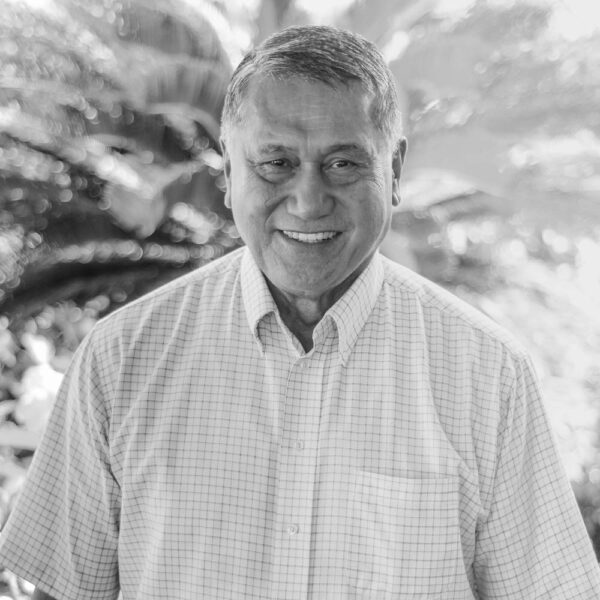 Hiagi M. WesleyBrigham Young University – Hawaii, USA
Hiagi M. WesleyBrigham Young University – Hawaii, USA -
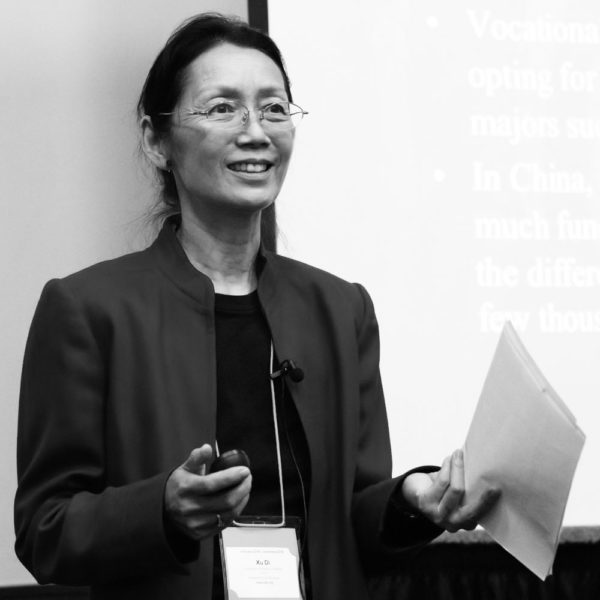 Xu DiUniversity of Hawai’i at Manoa, USA
Xu DiUniversity of Hawai’i at Manoa, USA -
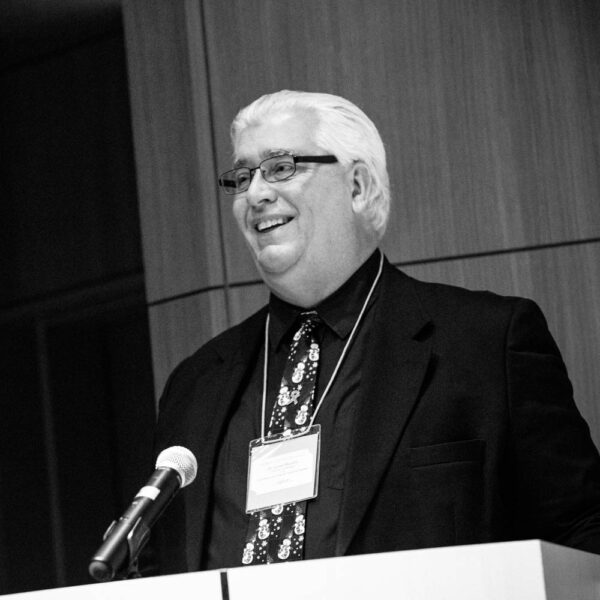 James W. McNallyUniversity of Michigan, USA & NACDA Program on Aging
James W. McNallyUniversity of Michigan, USA & NACDA Program on Aging -
 Curtis HoUniversity of Hawai’i at Manoa, USA
Curtis HoUniversity of Hawai’i at Manoa, USA -
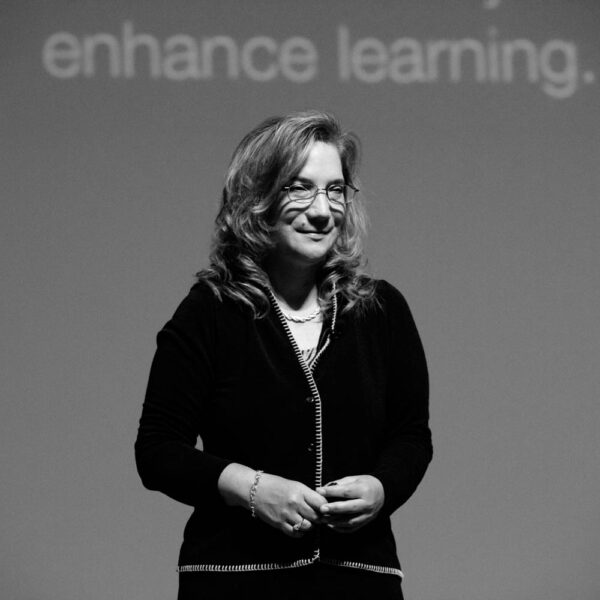 Barbara LockeeVirginia Tech, USA
Barbara LockeeVirginia Tech, USA -
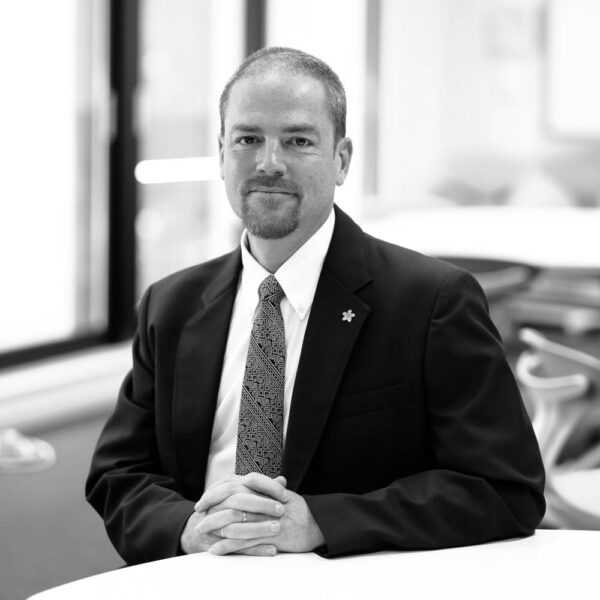 Ted O’NeillGakushuin University, Japan
Ted O’NeillGakushuin University, Japan
2019 Review Committee
- Dr Marquita Blades, Dr. Blades Consulting, LLC, USA
- Dr Joanie Crandall, University of Saskatchewan, Canada
- Dr Sean Gay, Kwansei Gakuin University, Japan
- Dr Jodi Meyer-Mork, Luther College, USA
- Dr Brian McFarlin, University of North Texas, USA
- Dr Thowfeek Mohamed Hussain, South Eastern University of Sri Lanka (SEUSL), Sri Lanka
- Dr Matthew Motyka, University of San Francisco, USA
- Dr Akiko Nagao, Ryukoku University, Japan
- Dr James Oborah, The Federal Polytechnic, Idah, Nigeria
- Dr Martiallou Organiza, Ramon Magsaysay Central Elementary School, Philippines
- Dr Ifem Emmanuel Orji, UNESCO Center for Global Education, USA
- Dr Kristin Palmer, University of Virginia, USA
- Dr Despoina Panou, Ionian University, Greece
- Dr Leslie Scamacca, The City University of New York, USA
- Dr Joy Tungol, University of Santo Tomas, Philippines
- Dr Yu-Wen Wei, Defense Language Institute, USA
- Professor Shih-Hsuan Wei, National Taichung University of Education, Taiwan
- Dr Yifeng Yuan, University of Technology Sydney, Australia
IAFOR's peer review process, which involves both reciprocal review and the use of Review Committees, is overseen by conference Organising Committee members under the guidance of the Academic Governing Board. Review Committee members are established academics who hold PhDs or other terminal degrees in their fields and who have previous peer review experience.
If you would like to apply to serve on the IICE2019 Review Committee, please visit our application page.
Reviewers
IAFOR depends on the assistance of a large number of international academics and practitioners who contribute in a variety of ways to our shared mission of promoting international exchange, facilitating intercultural awareness, encouraging interdisciplinary discussion and generating and sharing new knowledge. Our academic events would not be what they are without a commitment to ensuring that international norms of peer review are observed for our presentation abstracts. With thousands of abstracts submitted each year for presentation at our conferences, IAFOR relies on academics around the world to ensure a fair and timely peer review process in keeping with established international norms of double-blind peer review. We are grateful for the time, effort and expertise donated by all our contributors.
IAFOR Grant & Scholarship Recipients
Our warmest congratulations go to Akiko Ohta, Madiha Zahid Pervez, Tanya Manning-Lewis, Reem Al-Samiri and Simoni Valadares, who were selected by the conference Organising Committee to receive IAFOR Scholarships to present their research at The IAFOR International Conference on Education – Hawaii 2019 (IICEHawaii2019) and The IAFOR International Conference on Sustainability, Energy & the Environment – Hawaii 2019 (IICSEEHawaii2019).
IAFOR's grants and scholarships programme provides financial support to PhD students and early career academics, with the aim of helping them pursue research excellence and achieve their academic goals through interdisciplinary study and interaction. Awards are based on the appropriateness of the educational opportunity in relation to the applicant's field of study, financial need, and contributions to their community and to IAFOR's mission of interdisciplinarity. Scholarships are awarded based on availability of funds from IAFOR and vary with each conference.
Click here to learn out more about IAFOR grants and scholarships.
Virtual Presentations
The International Academic Forum (IAFOR) is a research organisation, conference organiser and publisher dedicated to encouraging interdisciplinary discussion, facilitating intercultural awareness and promoting international exchange, principally through educational exchange and academic research.
Virtual presentations afford authors the opportunity to present their research to IAFOR’s far-reaching and international online audience, without time restrictions, distractions or the need to travel. Presenters are invited to create a video of their presentation, which is then uploaded to the official IAFOR Vimeo channel and remains online indefinitely. This is a valuable and impactful way of presenting in its own right, but also an alternative means for those delegates who may be unable to travel to the conference due to financial or political restrictions. The same publishing opportunities apply to virtual presenters, with final papers being included in the IICE Conference Proceedings.
This video archive is best viewed on a desktop computer with a strong Internet connection.